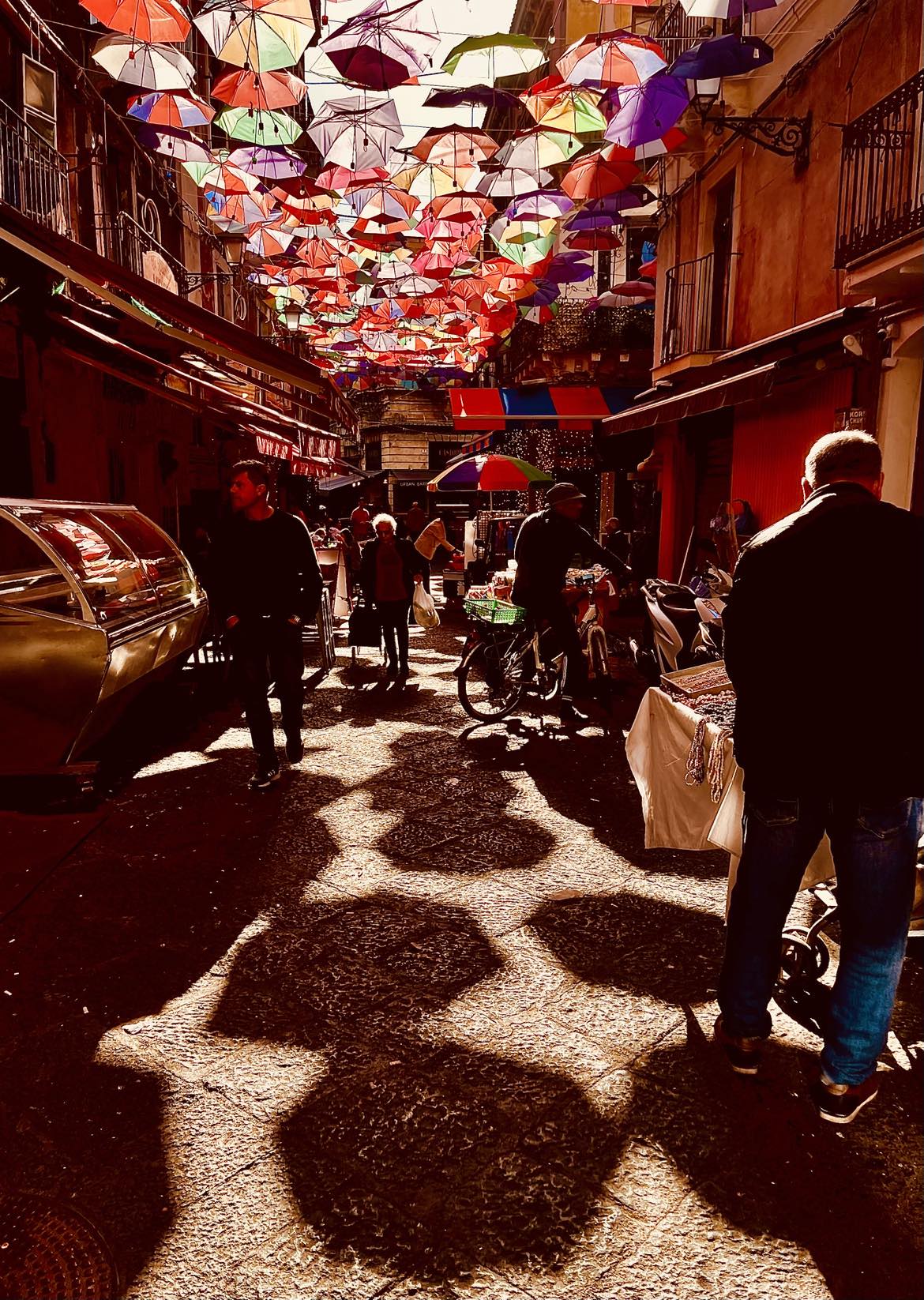
The Spring Issue | 2025
Herewith, our (late) Spring Issue, breaking the cold in anticipation of lazy months to come. Check back daily for new poems, stories and more.
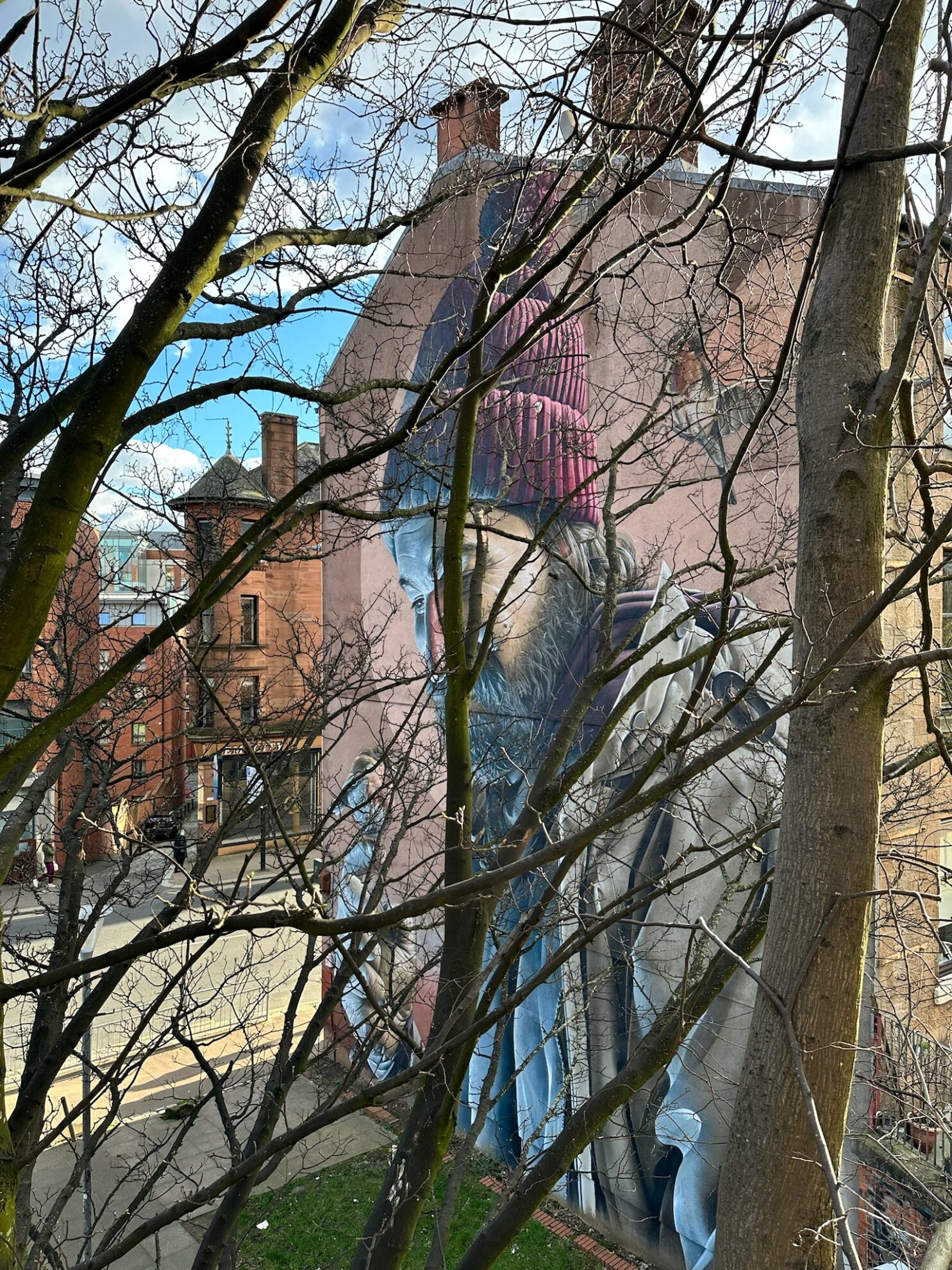
B O D Y reviews new pamphlets by David Kinloch, James Appleby, and Sophie Cooke.
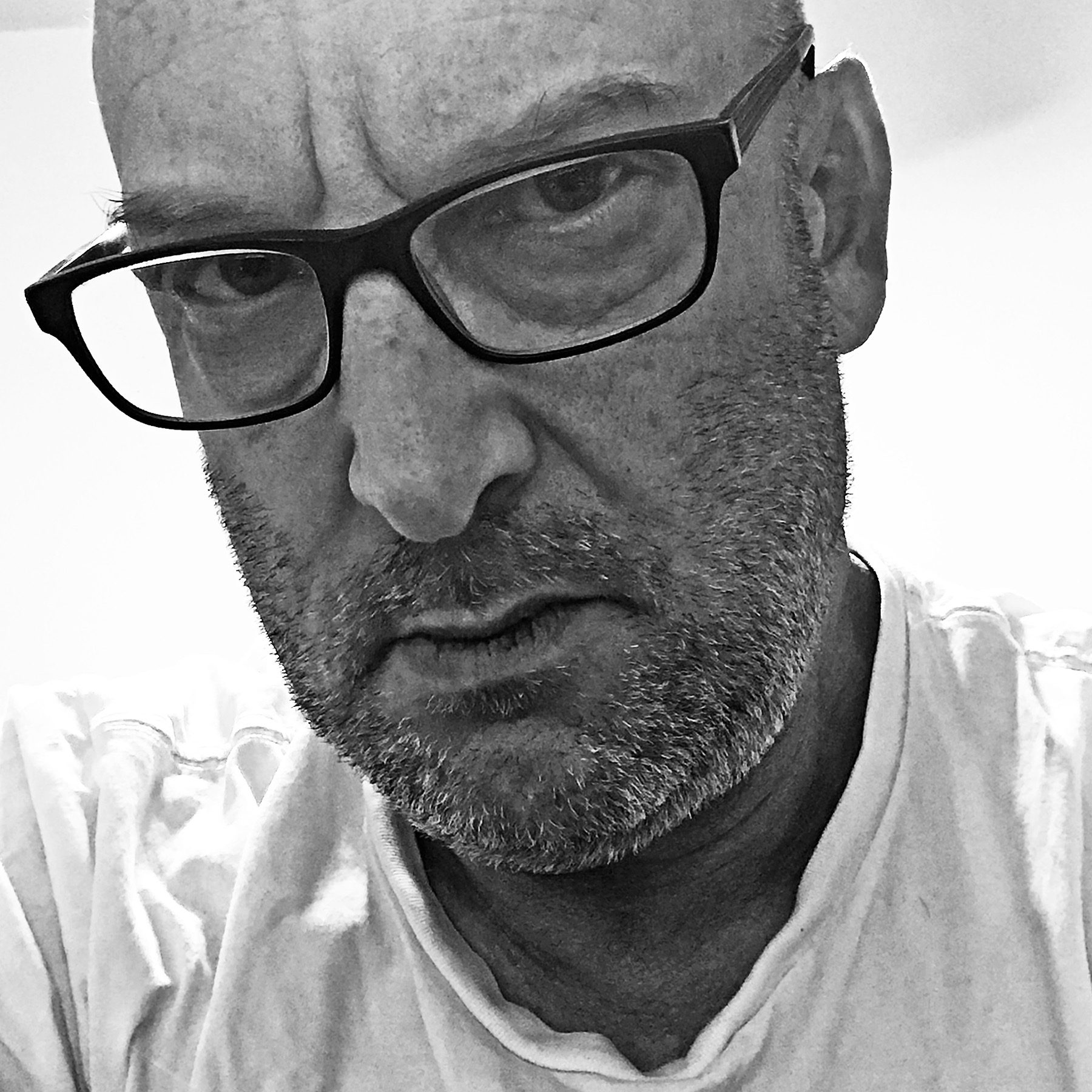
A dog bites down on a stick of dynamite and takes off running. They are going to explode together. Imagine: making someone feel like that, making them lose their mind like that.
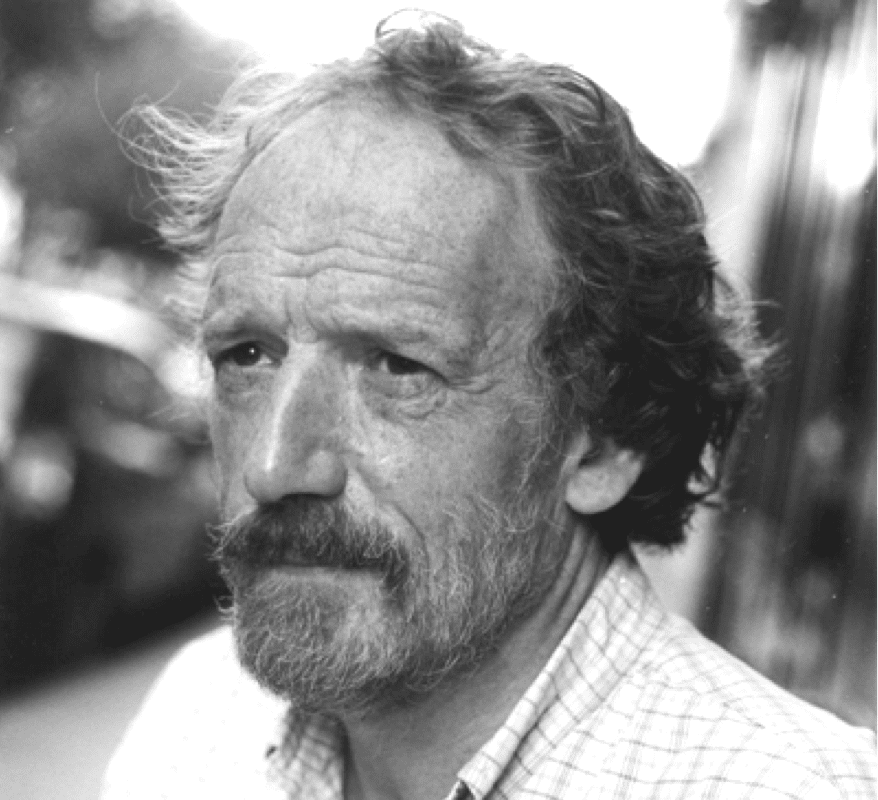
Dear Bill: I’m sorry to hear you’re dead. / You hated the fig-leaf euphemisms / Of pulpit-jockeys who peddle heavens, / So you’d like me calling this spade a spade: // I died a bit myself, when I heard.
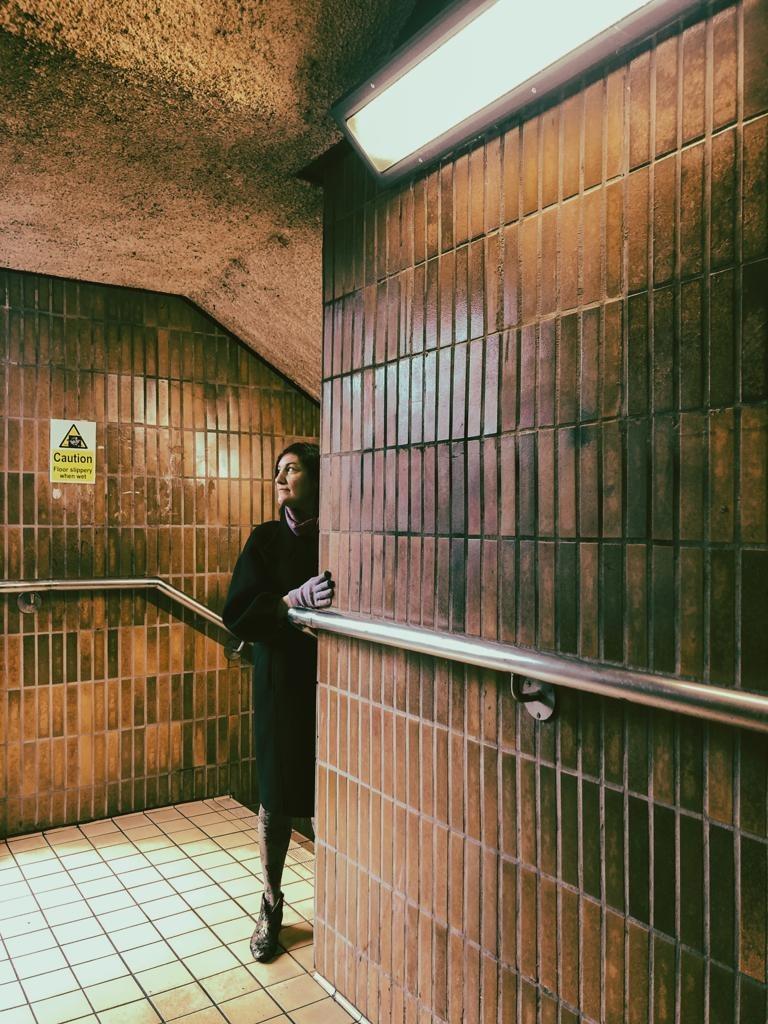
a lot of parenting is getting the first child to play / with the second child / so you don’t have to do it

Herewith, our (late) Spring Issue, breaking the cold in anticipation of lazy months to come. Check back daily for new poems, stories and more.

Herewith, our (late) Spring Issue, breaking the cold in anticipation of lazy months to come. Check back daily for new poems, stories and more.
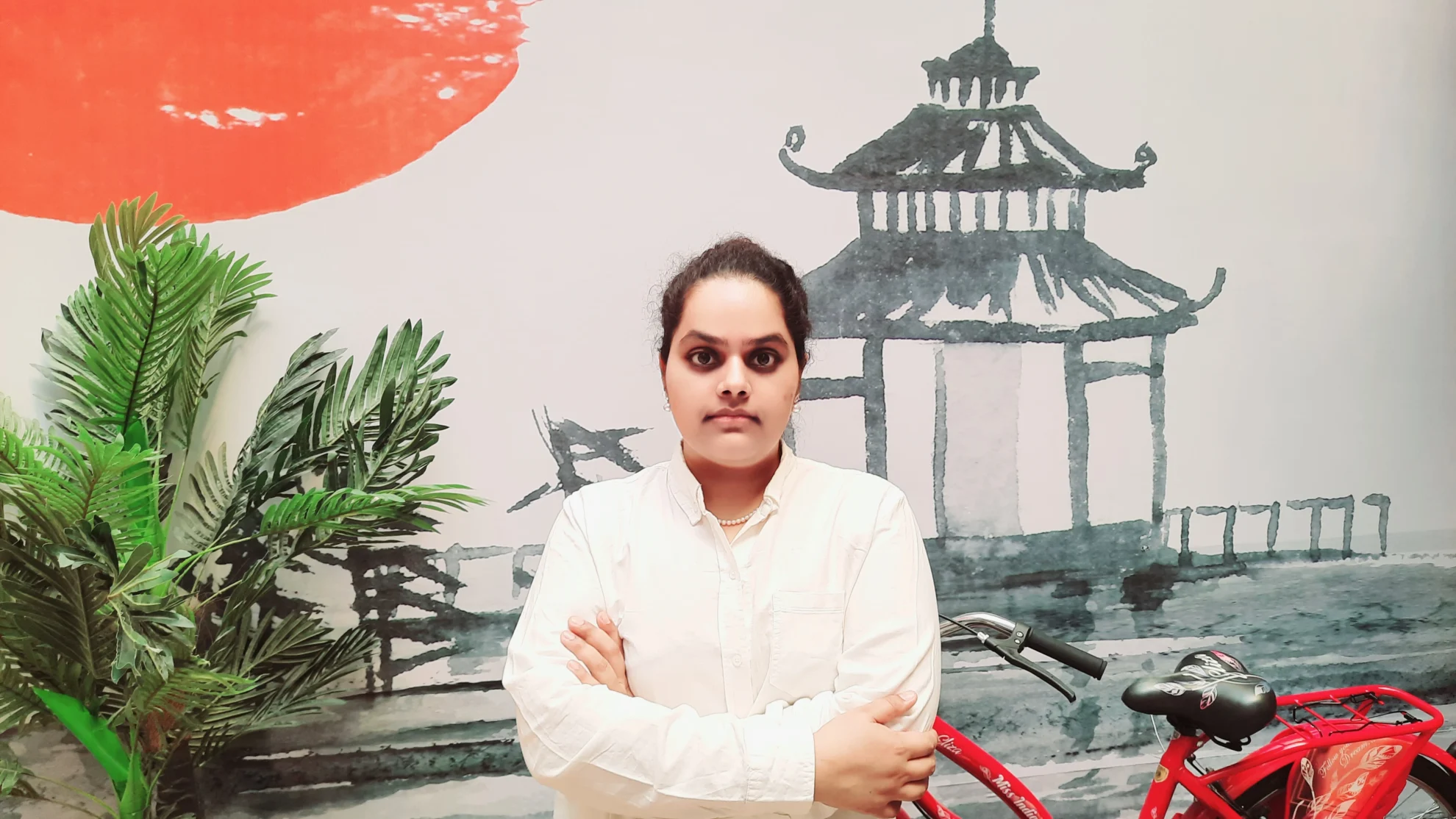
there is no time for tears, there never is; / no time for breathing deep. / A fit of sadness is like pulling a door that says push, / again and again, into eternity
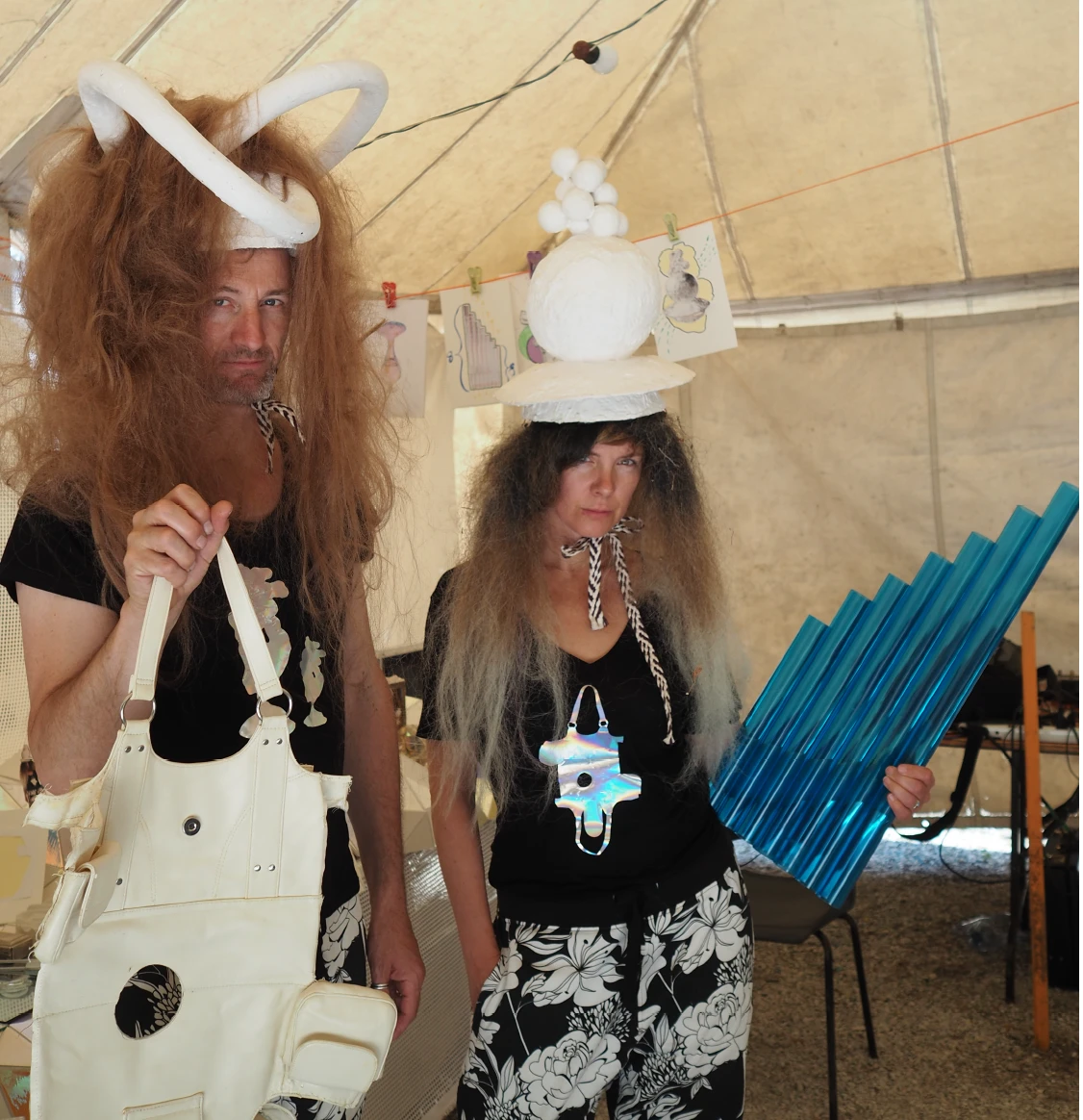
B O D Y’s art editor Jessica Mensch meets up with Montreal-based artists Sarah Wendt & Pascal Dufaux at their Montréal studio to talk about their recent solo show, Miel du temps, at Musée d’art de Joliette, in Joliette, Quebec.
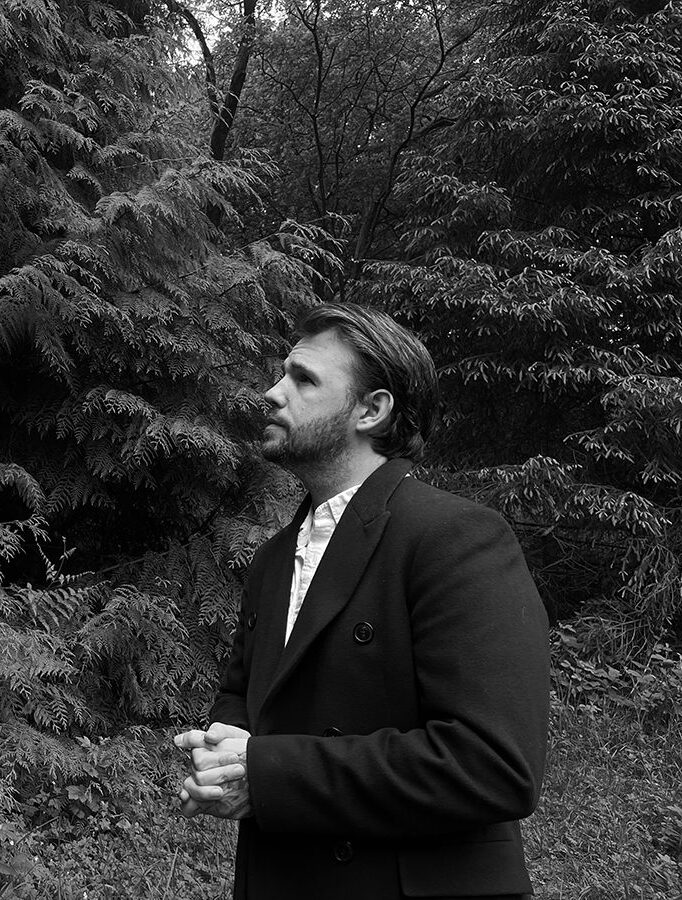
I know this silence / by heart, willed stillness, rotten // moon pulling itself through / the cavity of window.
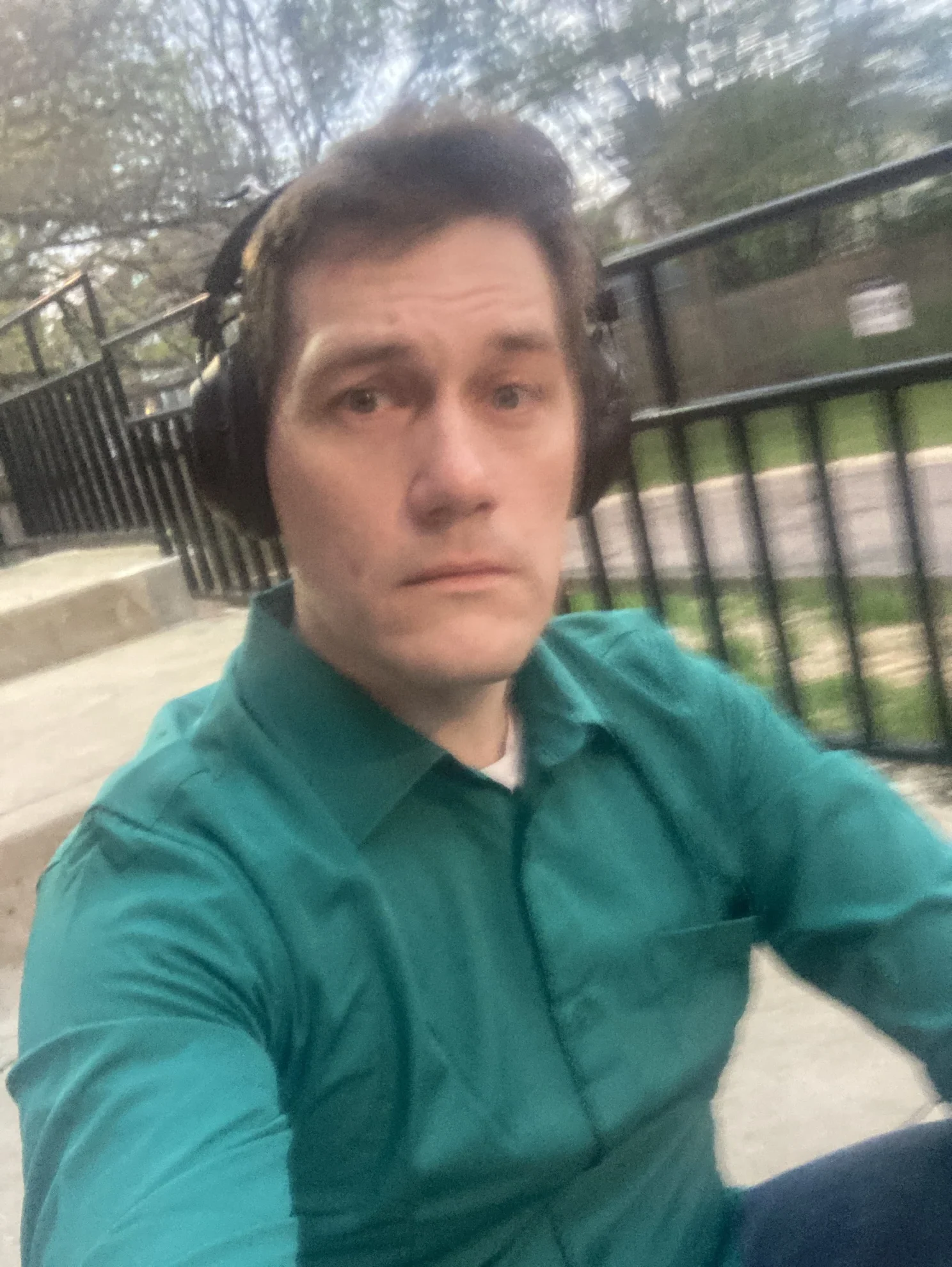
Even the curve of a conch shell / goes forever inward to an ending / too small for us to see. I put my ear / to it and hear Do not disturb my circles

Horror stares back at me surreptitiously from every corner of the flat with wide-open cats’ eyes. The reflexes I had of old have become alien to me. They tempt me to provoke her, but thankfully I’m still paralysed and the only way I can wind her up is by staring at her neck.
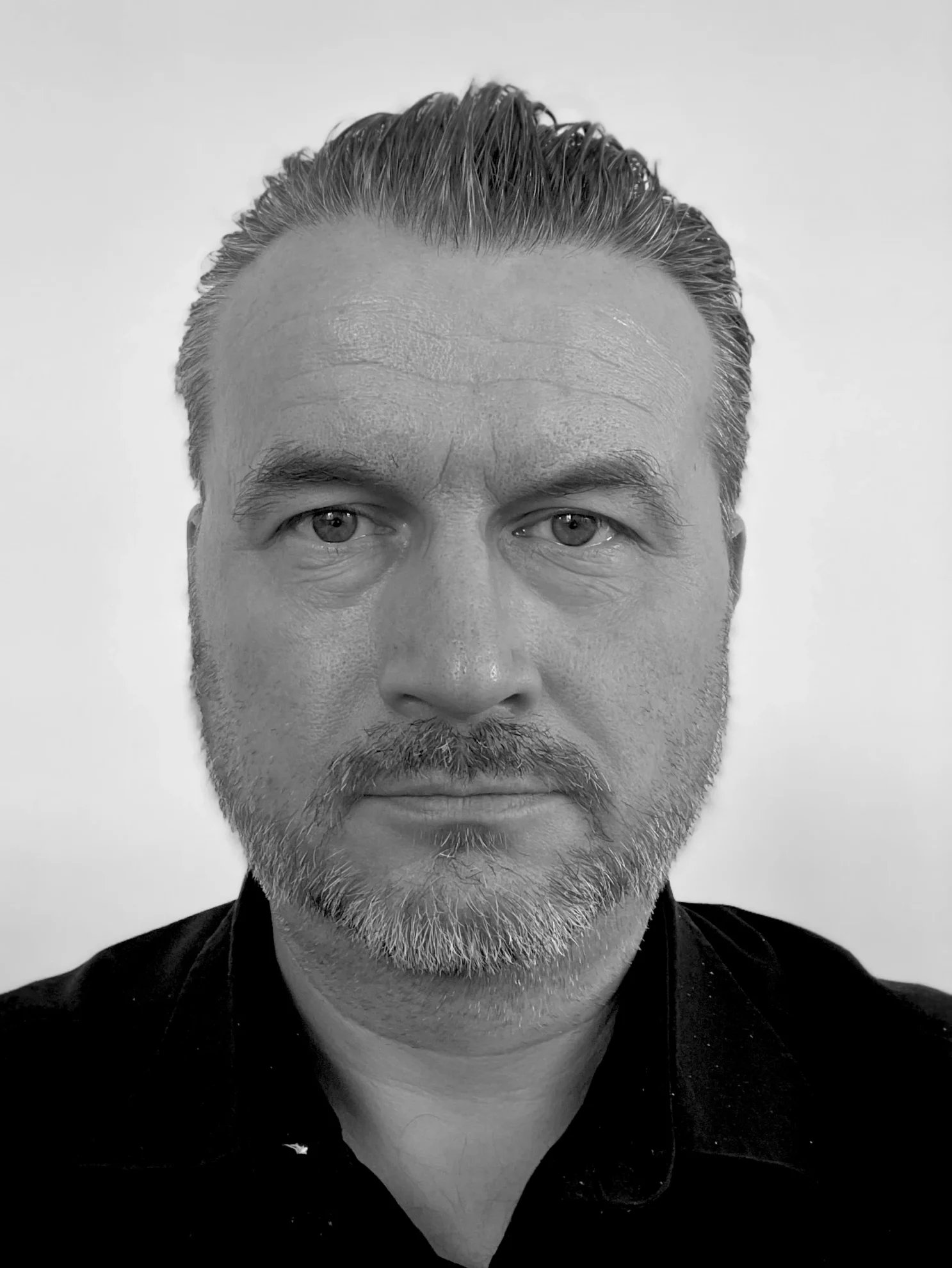
Geoffrey pulls his hand from his pocket and withdraws the four-inch handle of a switchblade knife. Jason’s face turns ghostly. The American yells and runs out the door, causing his friend to follow. Most of the others never saw what Geoffrey showed the White man, although they laugh at the commotion it causes and applaud the result.
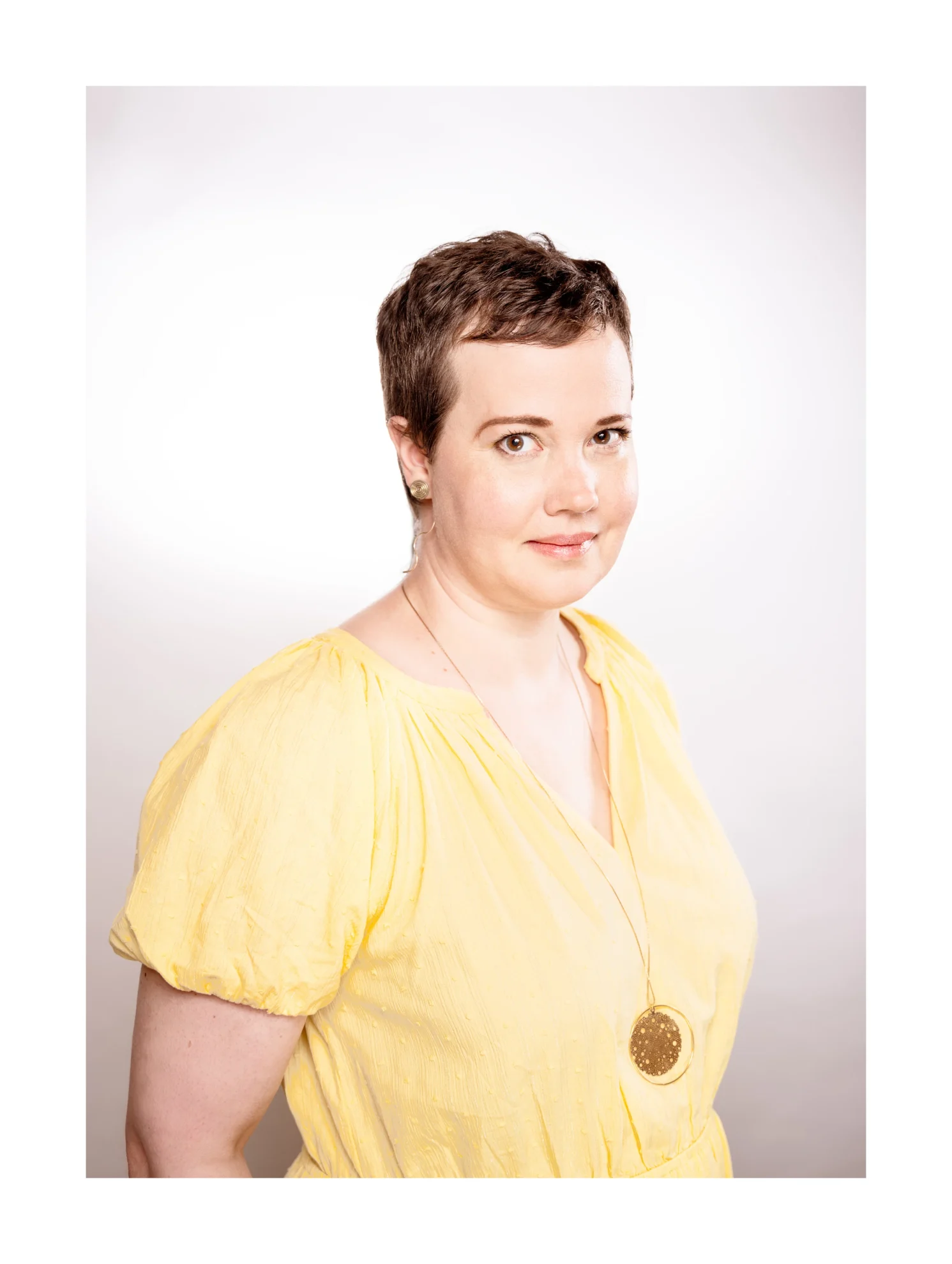
Such an itch you are / man I don’t quite know // all the things you might say / if we were on your terrace / with a beer
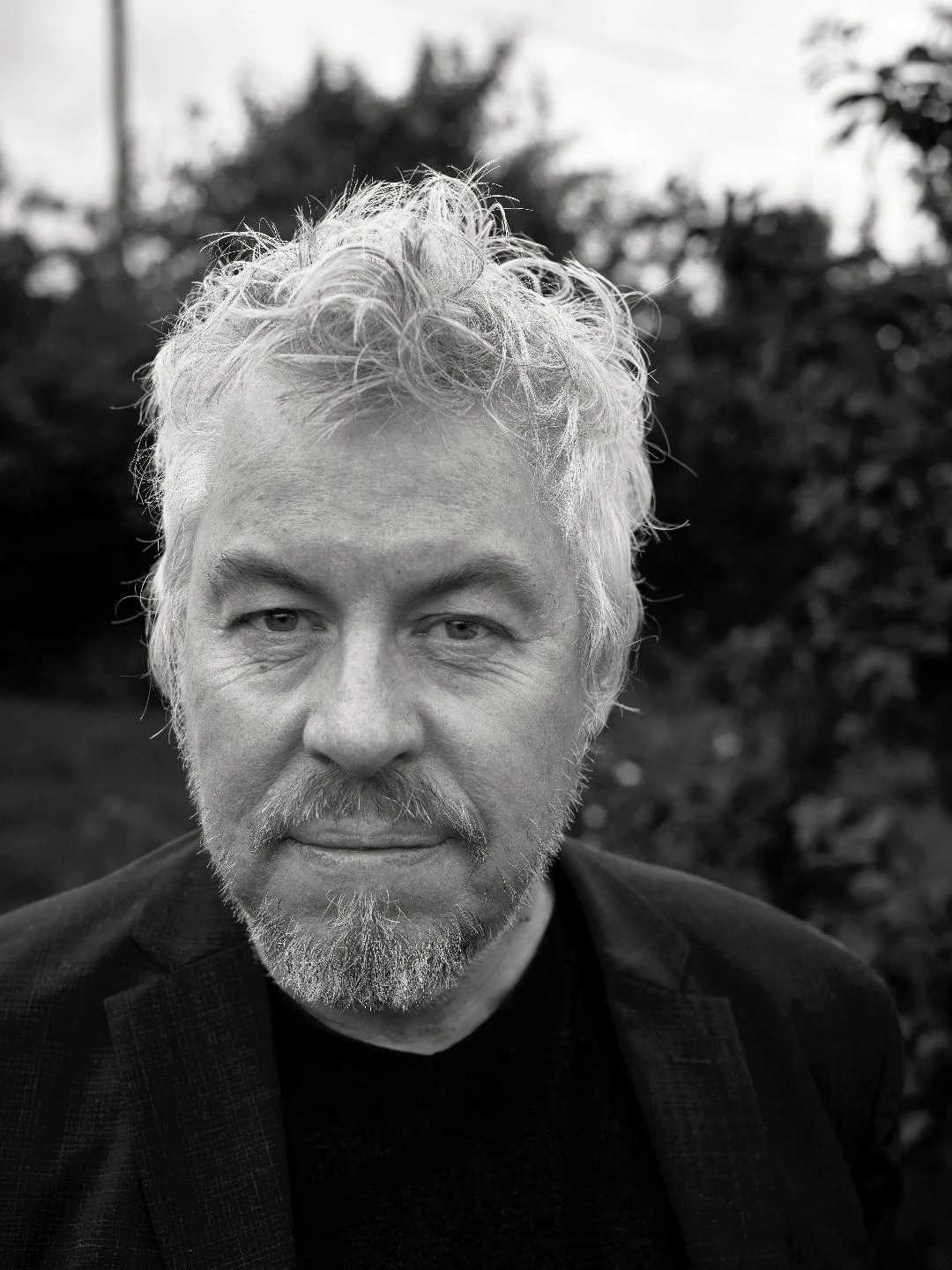
I take my leave of mother, she gives me / a key, but there is / no key, only her hand stretching out / and the goodbye

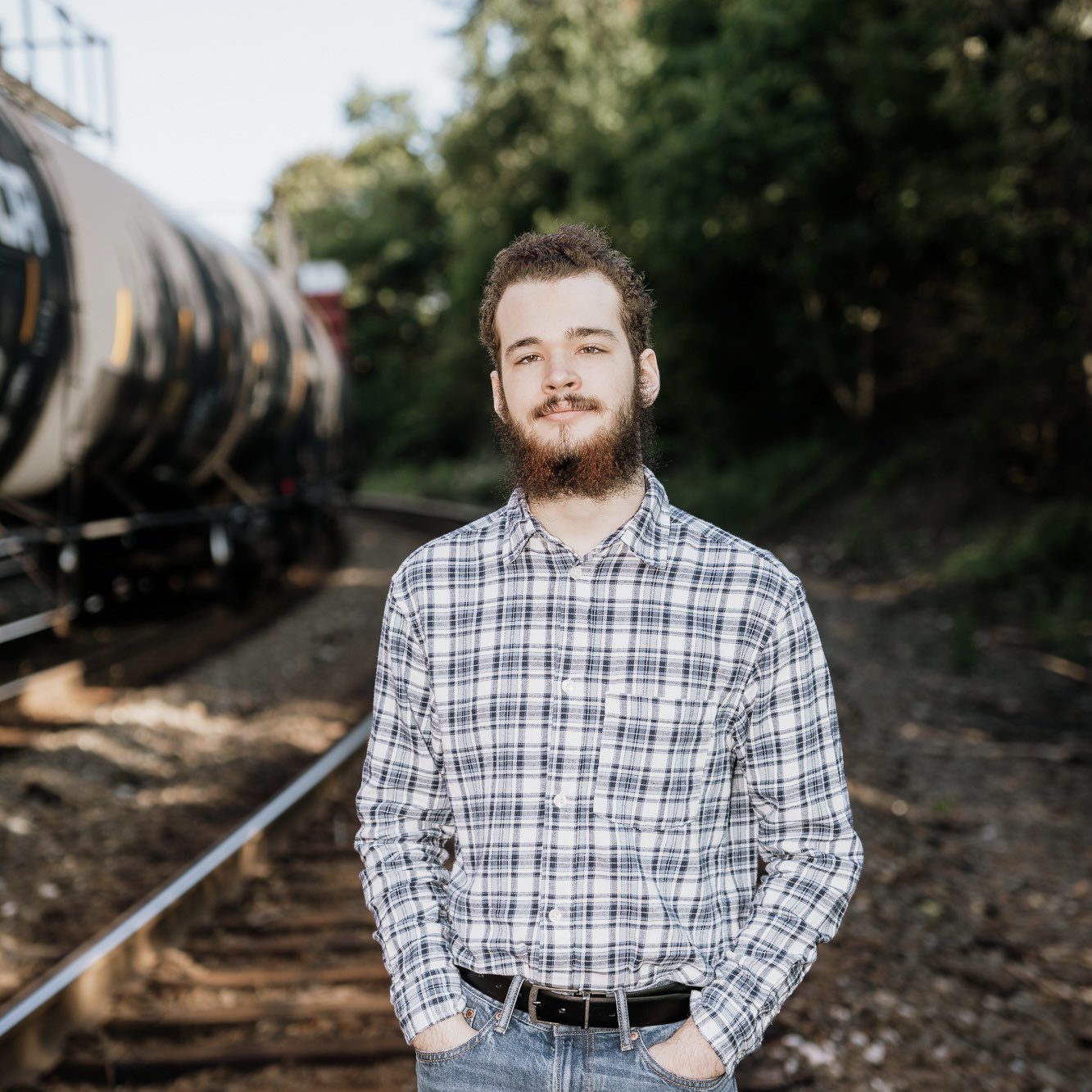

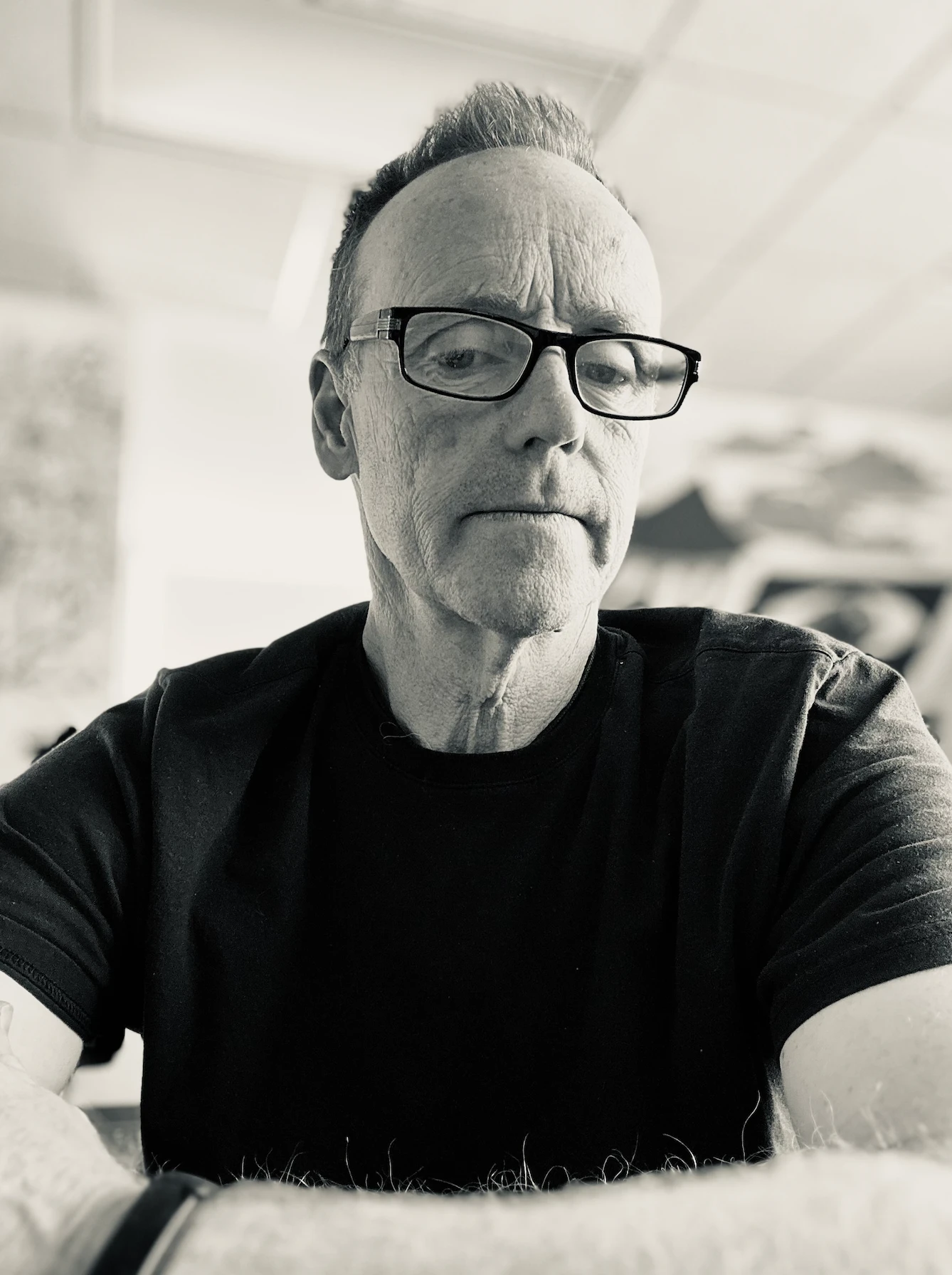
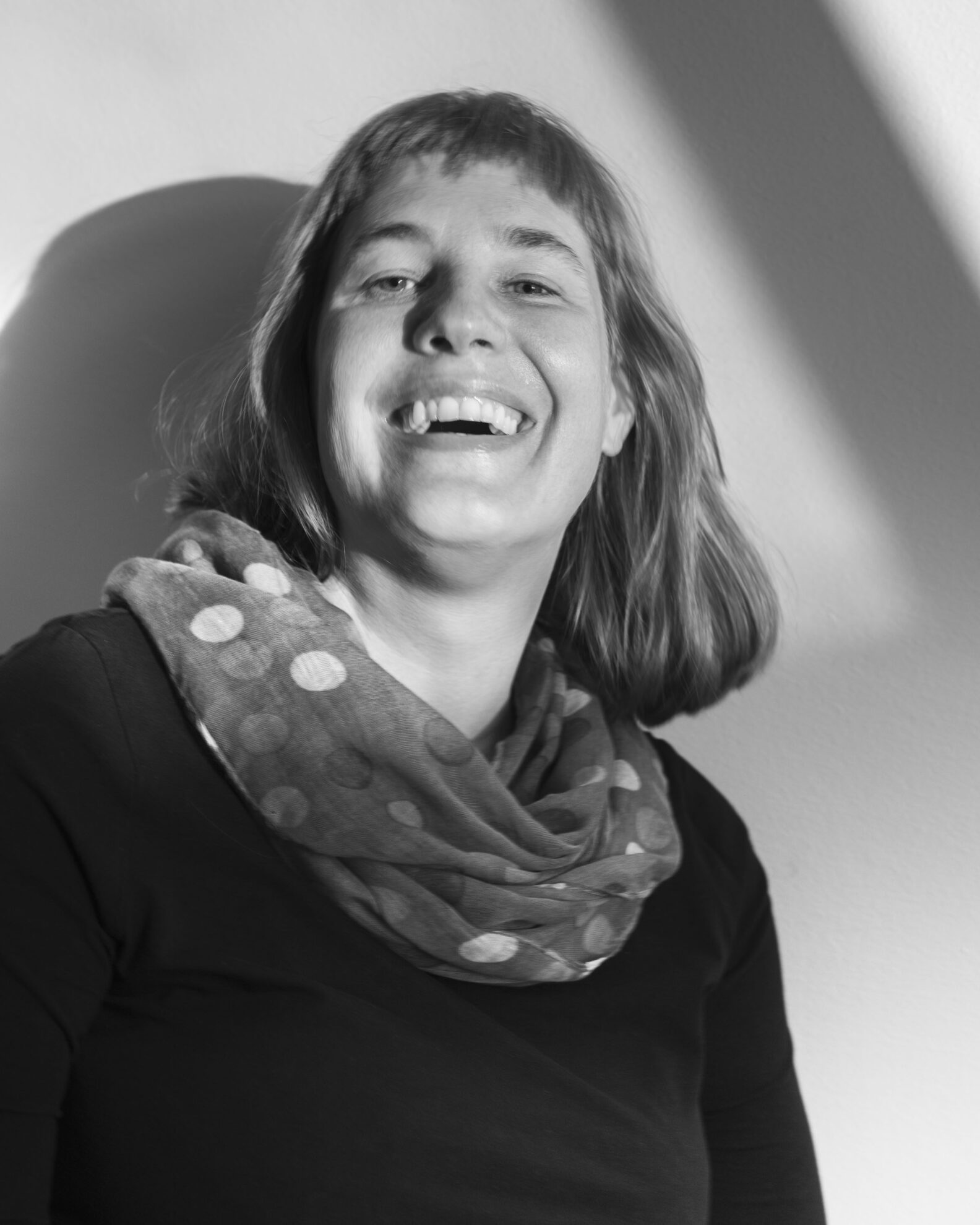
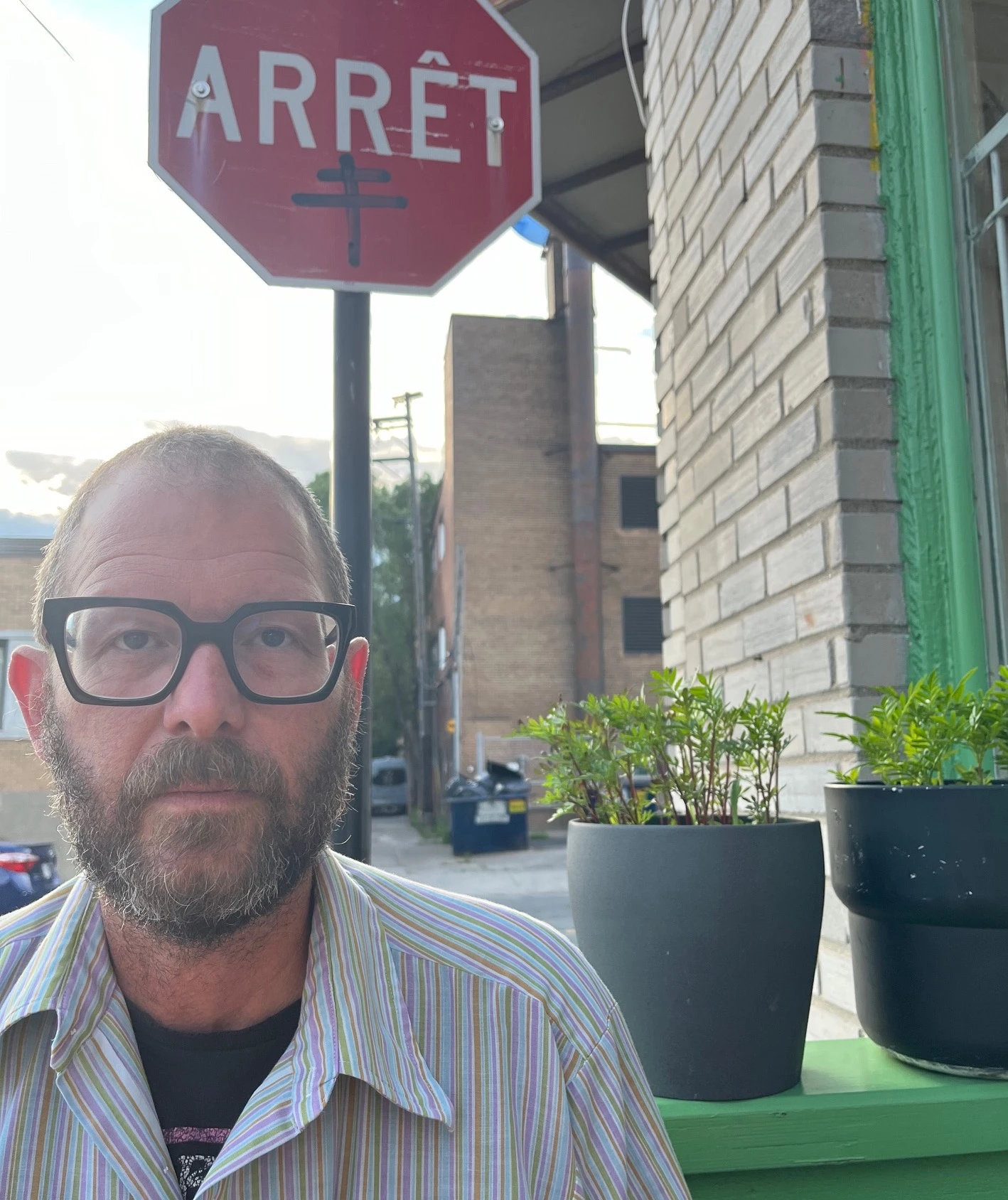

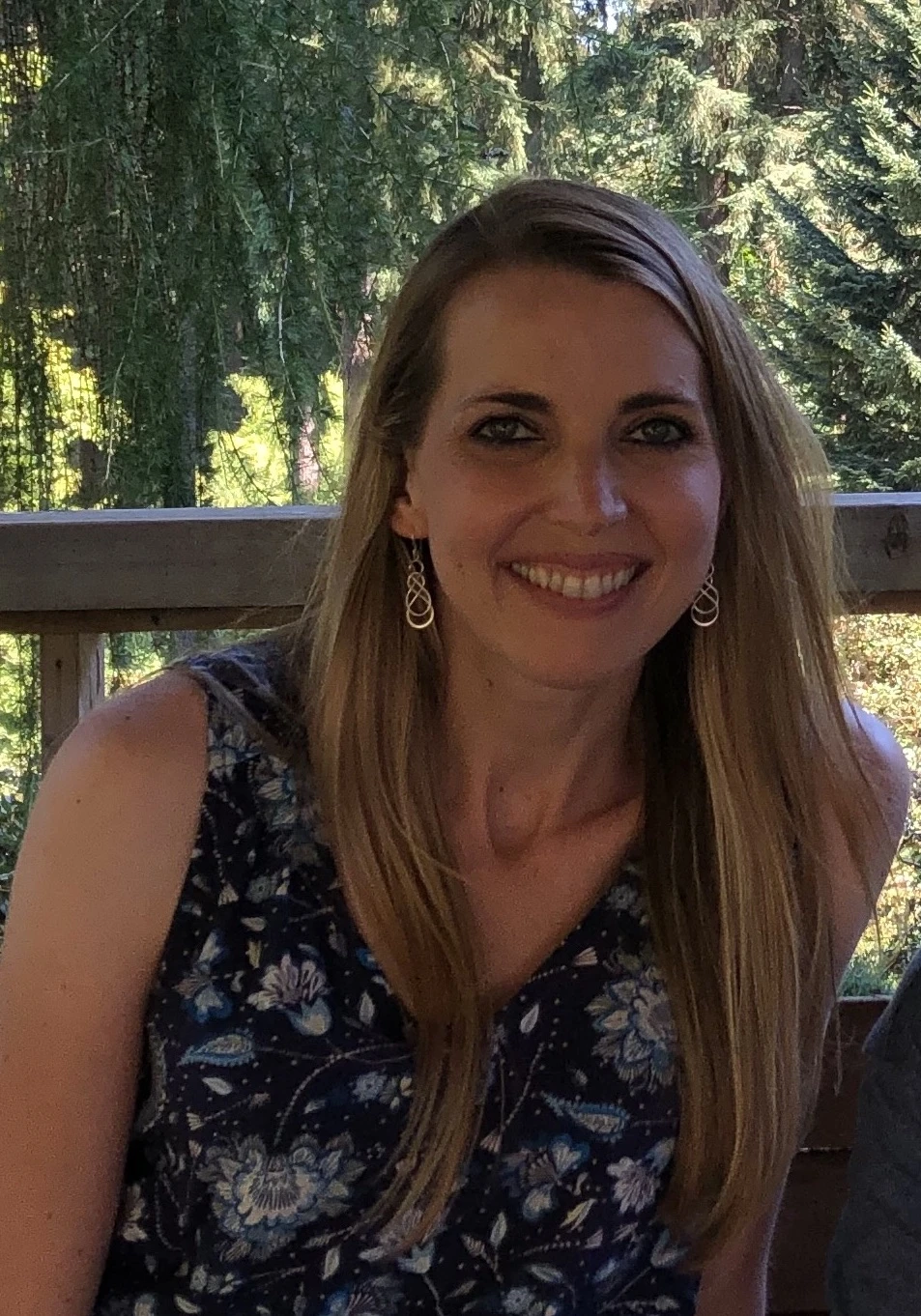

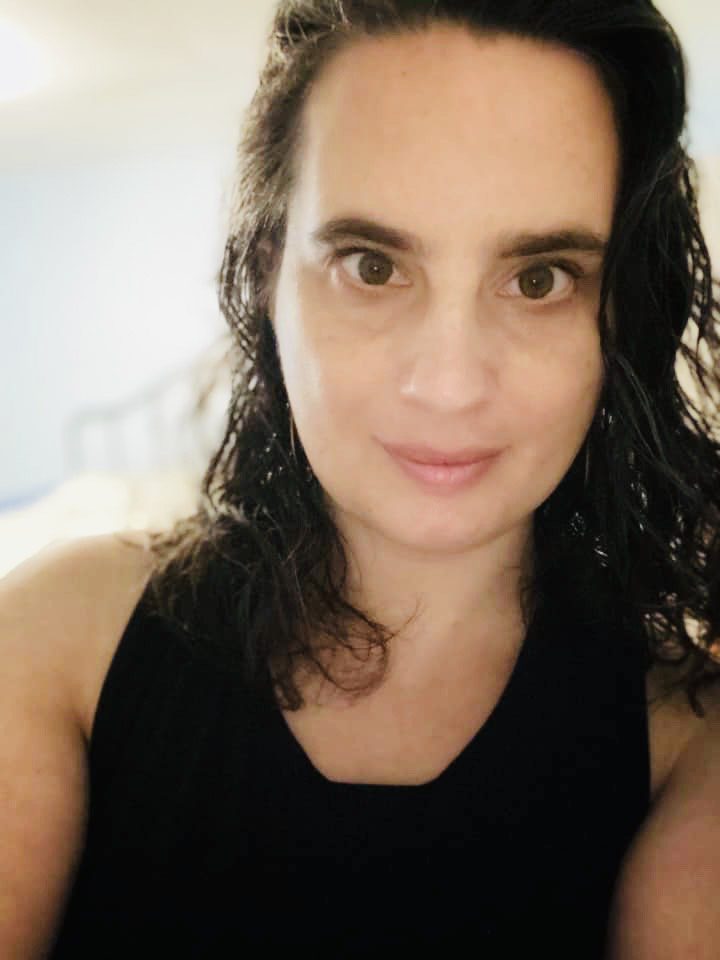

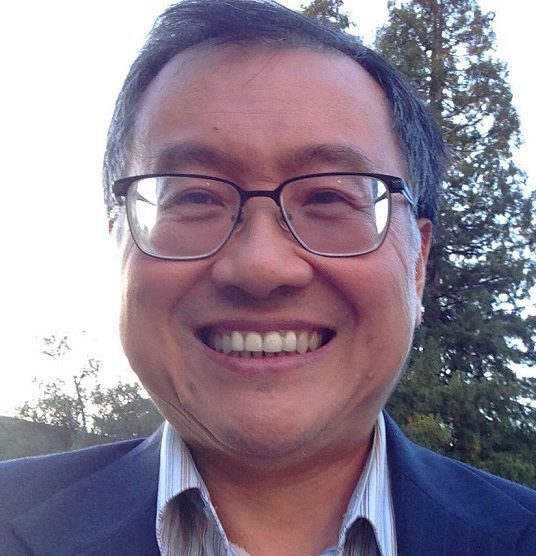

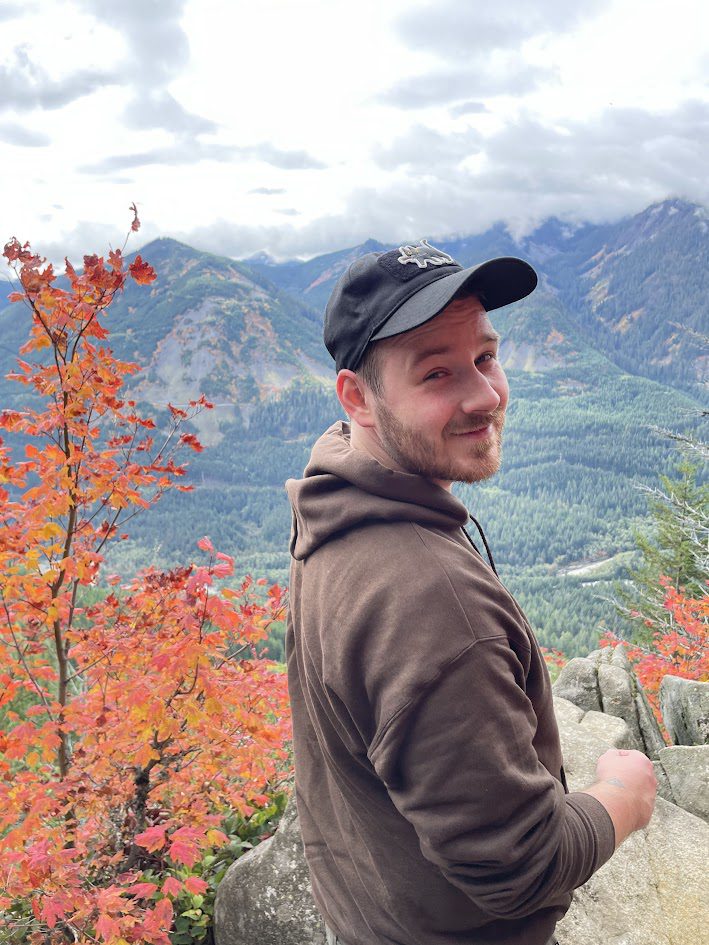

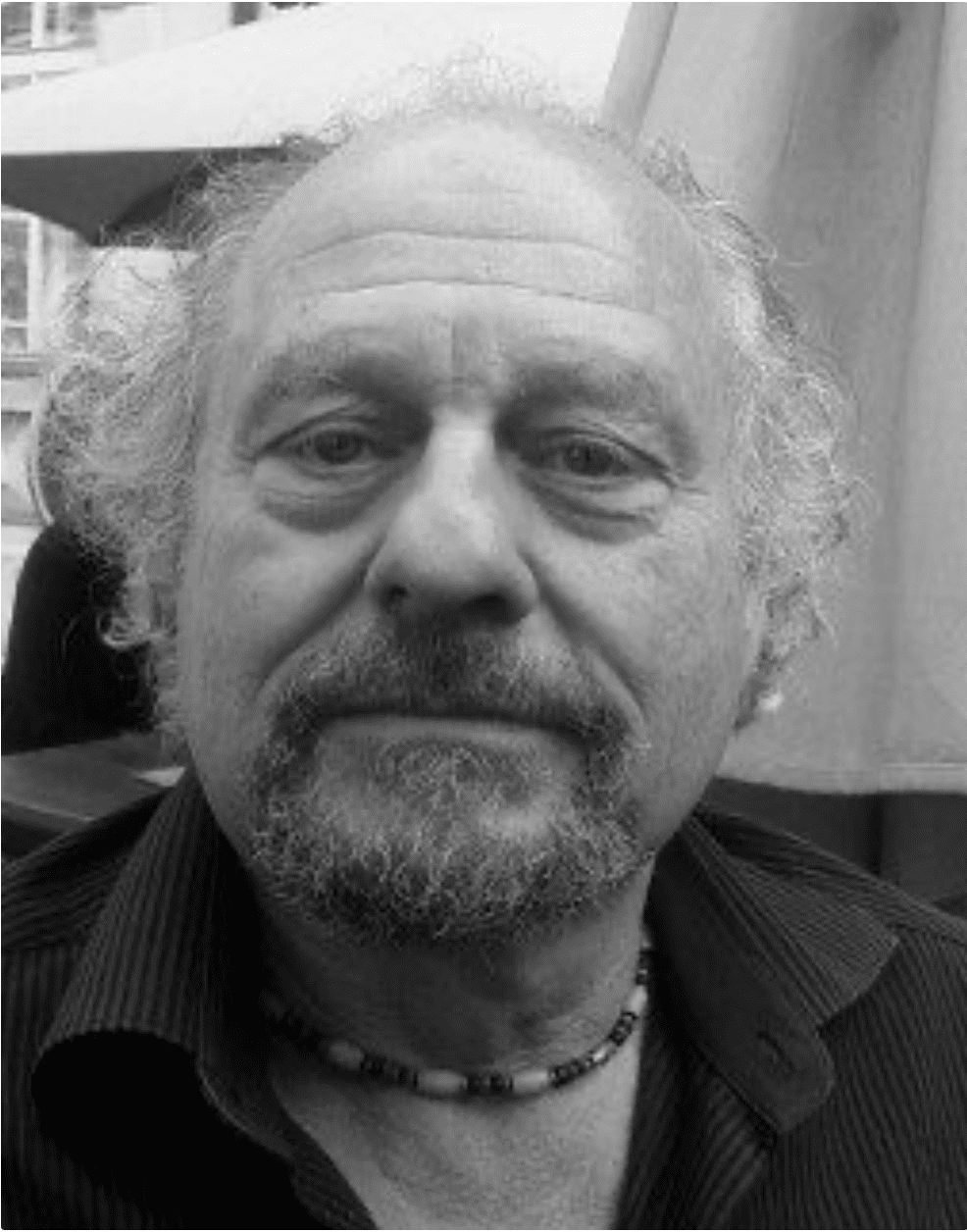
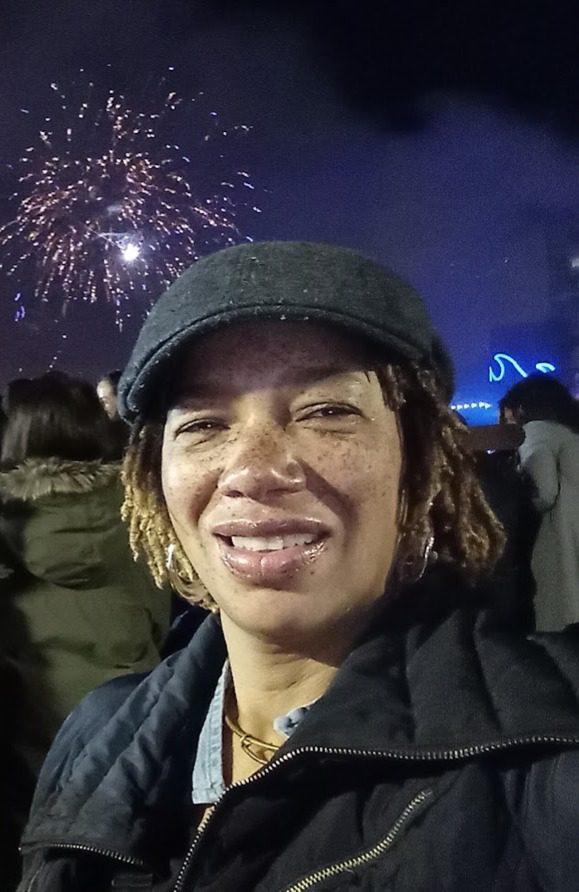


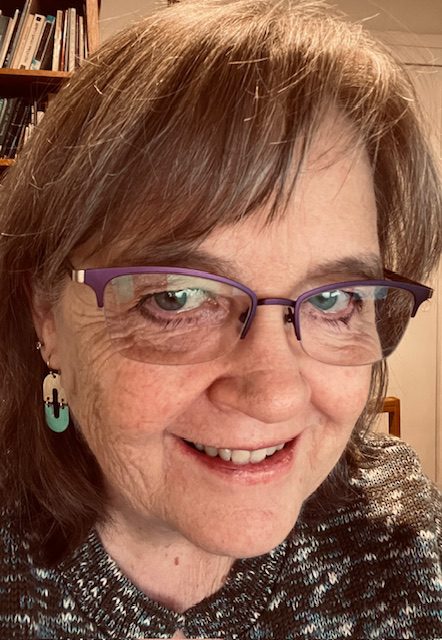


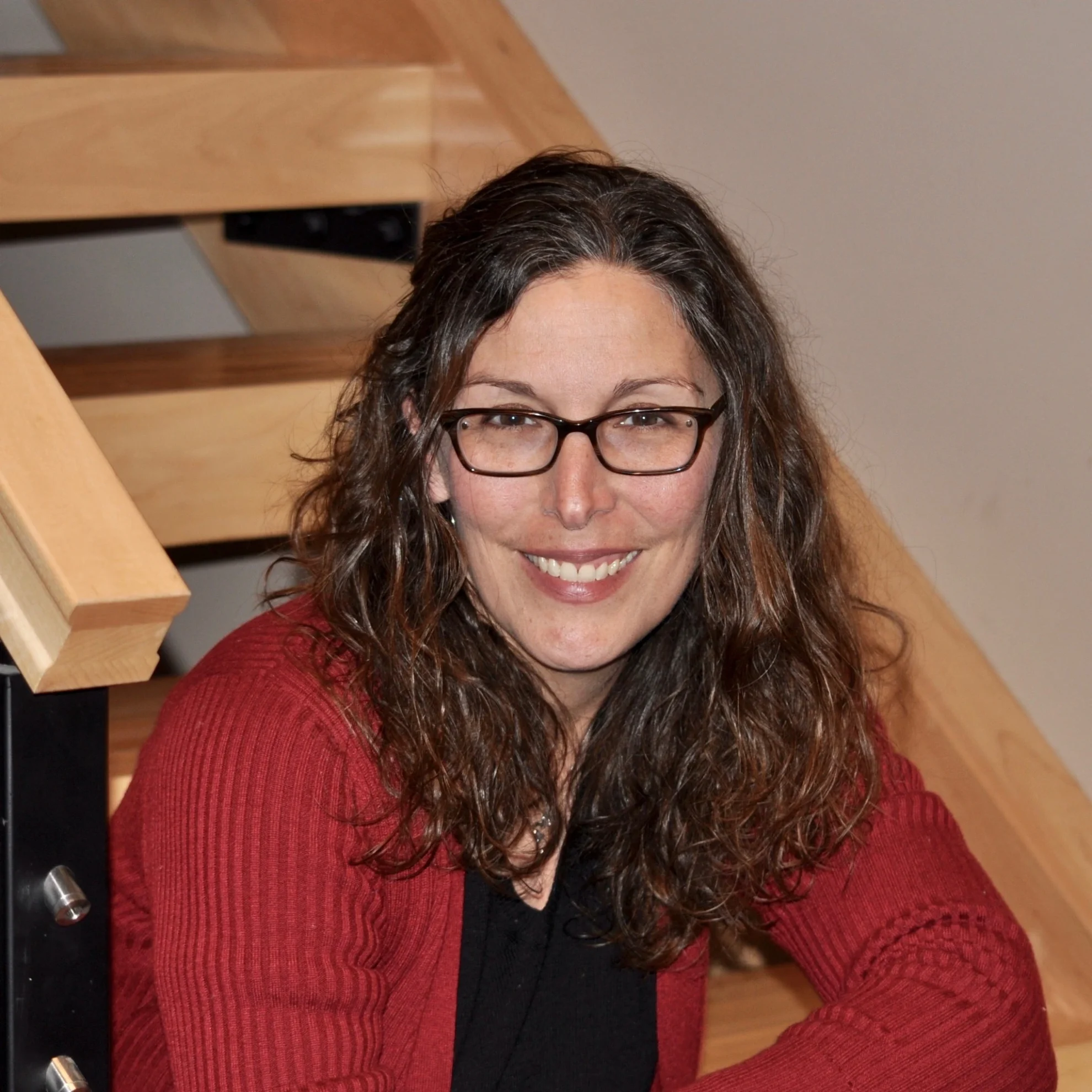
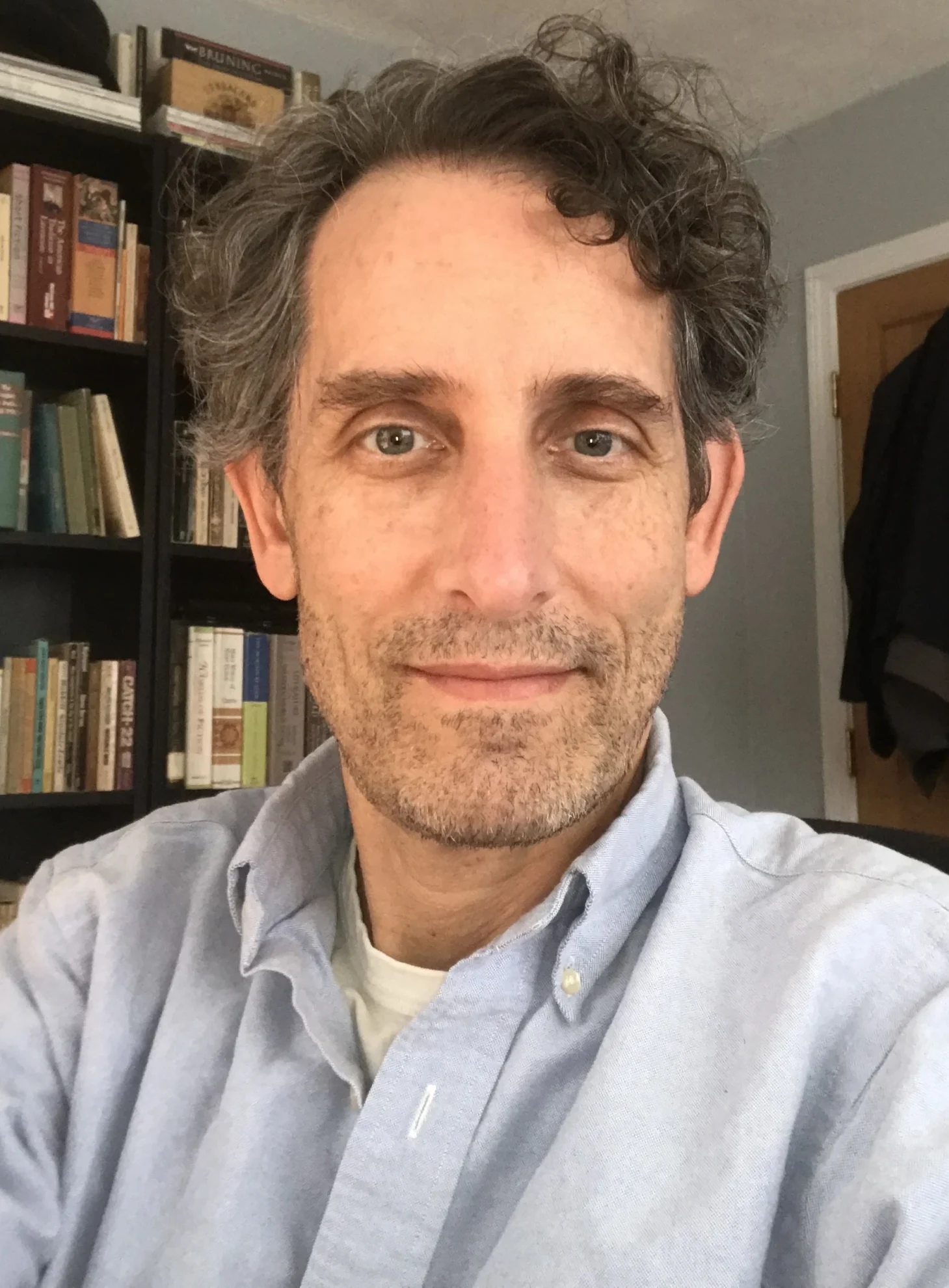

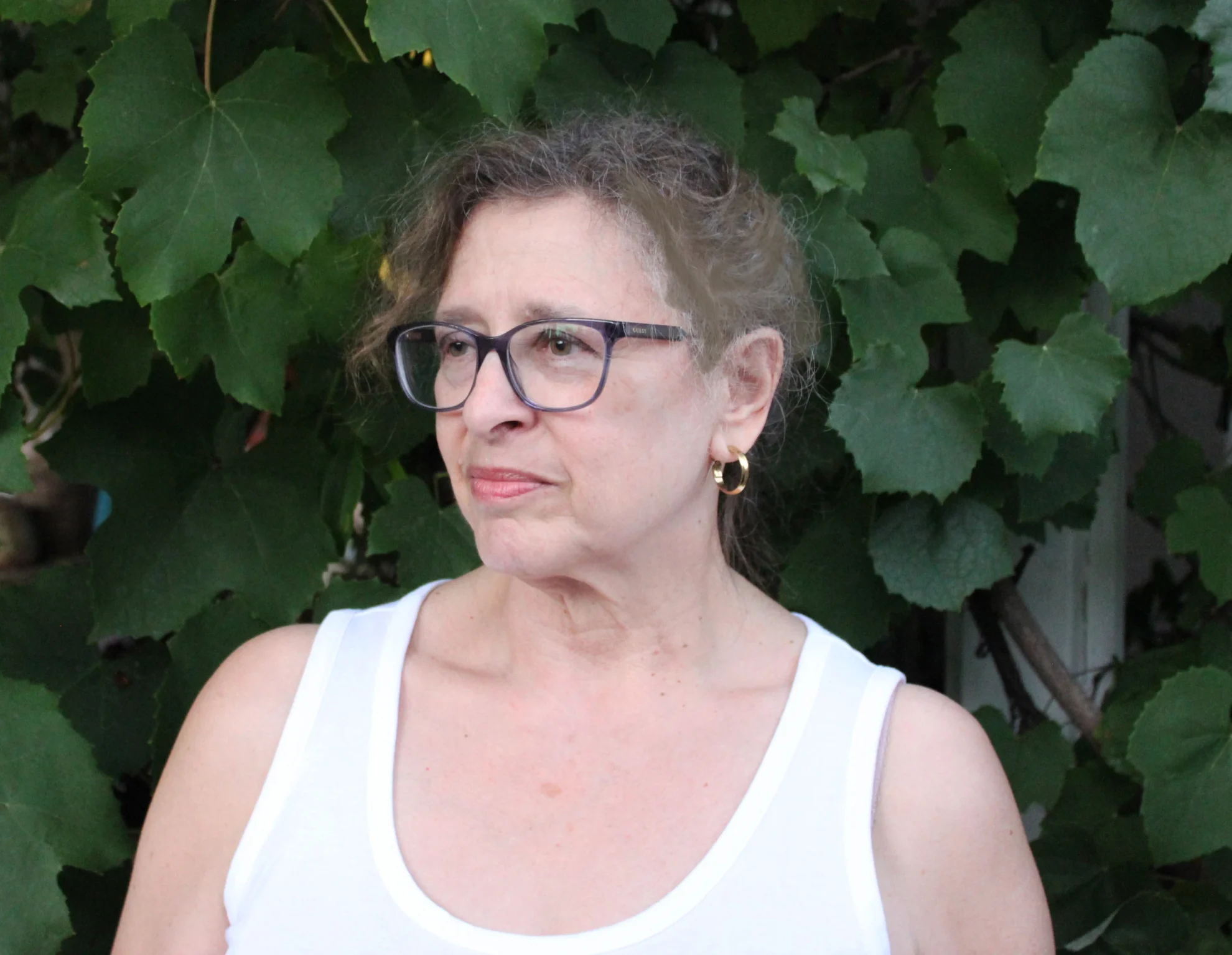
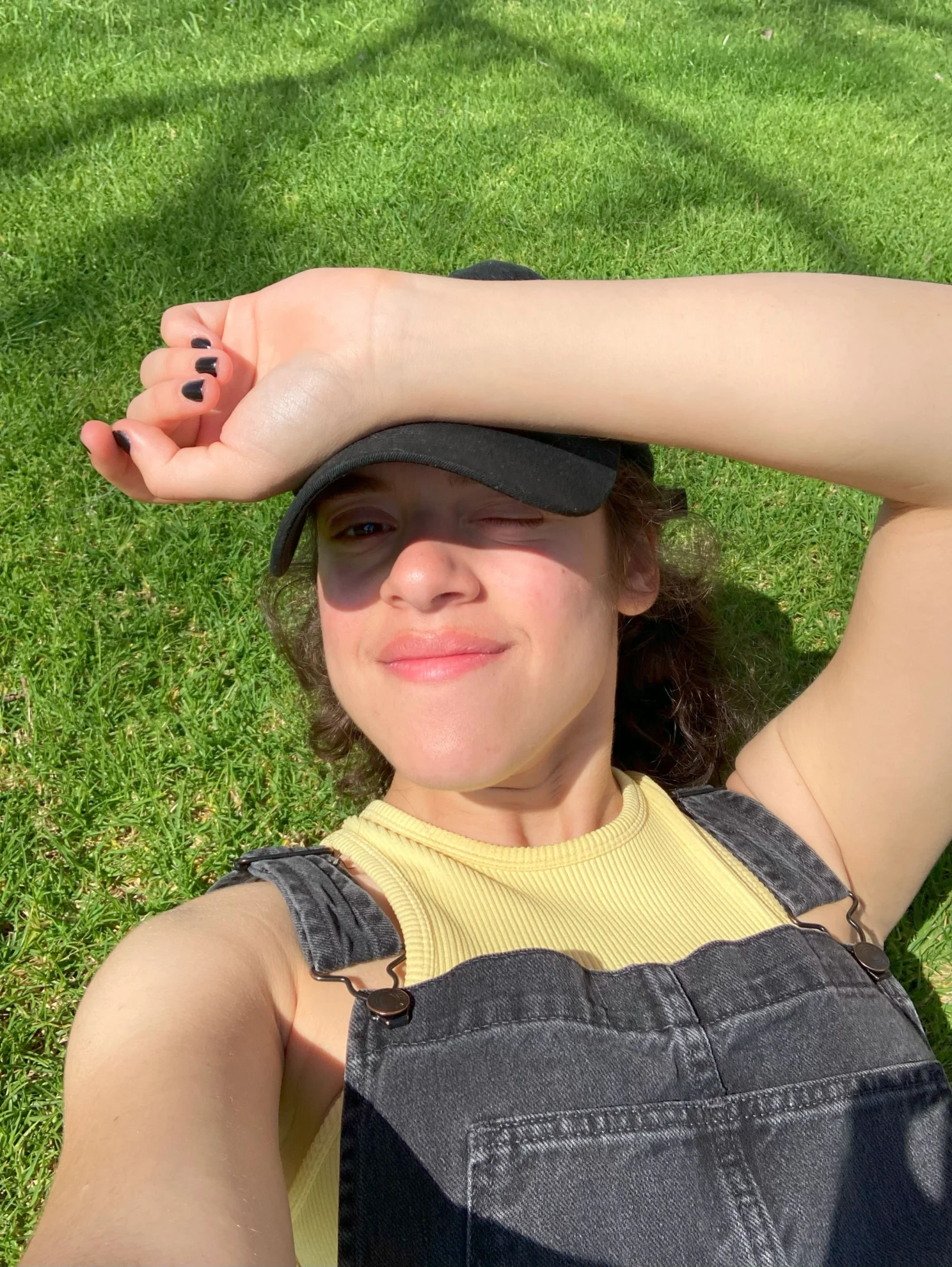
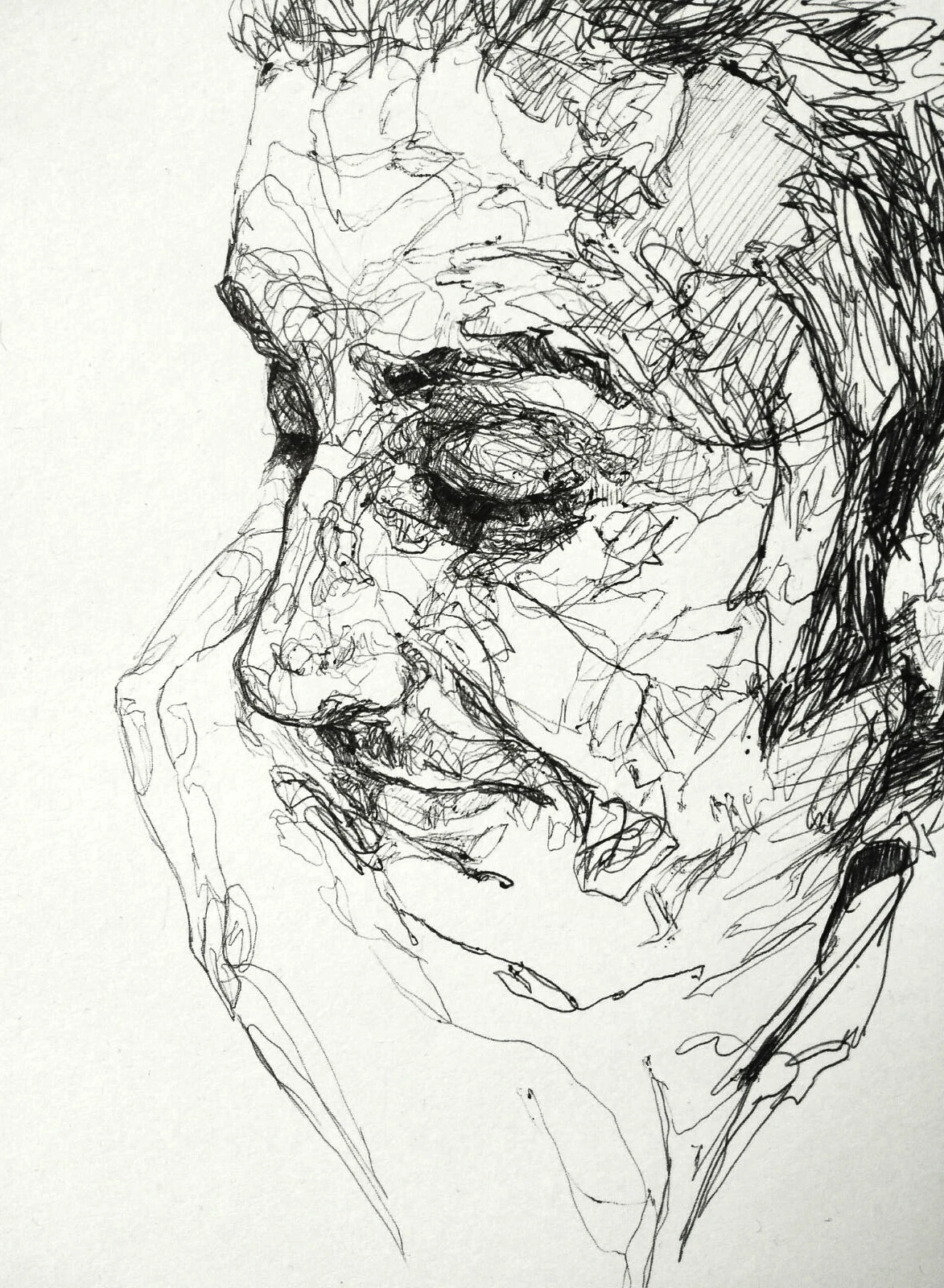


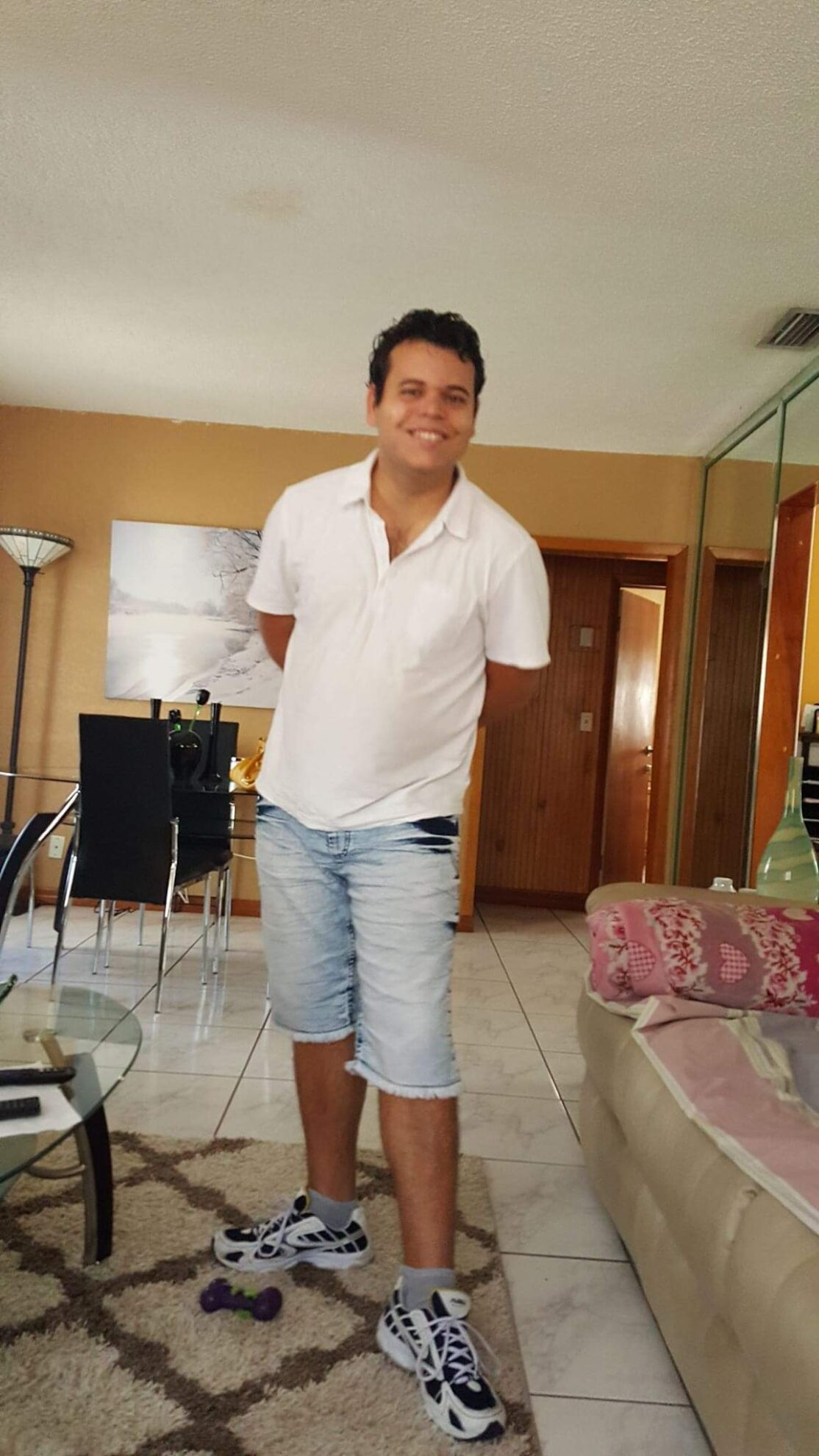
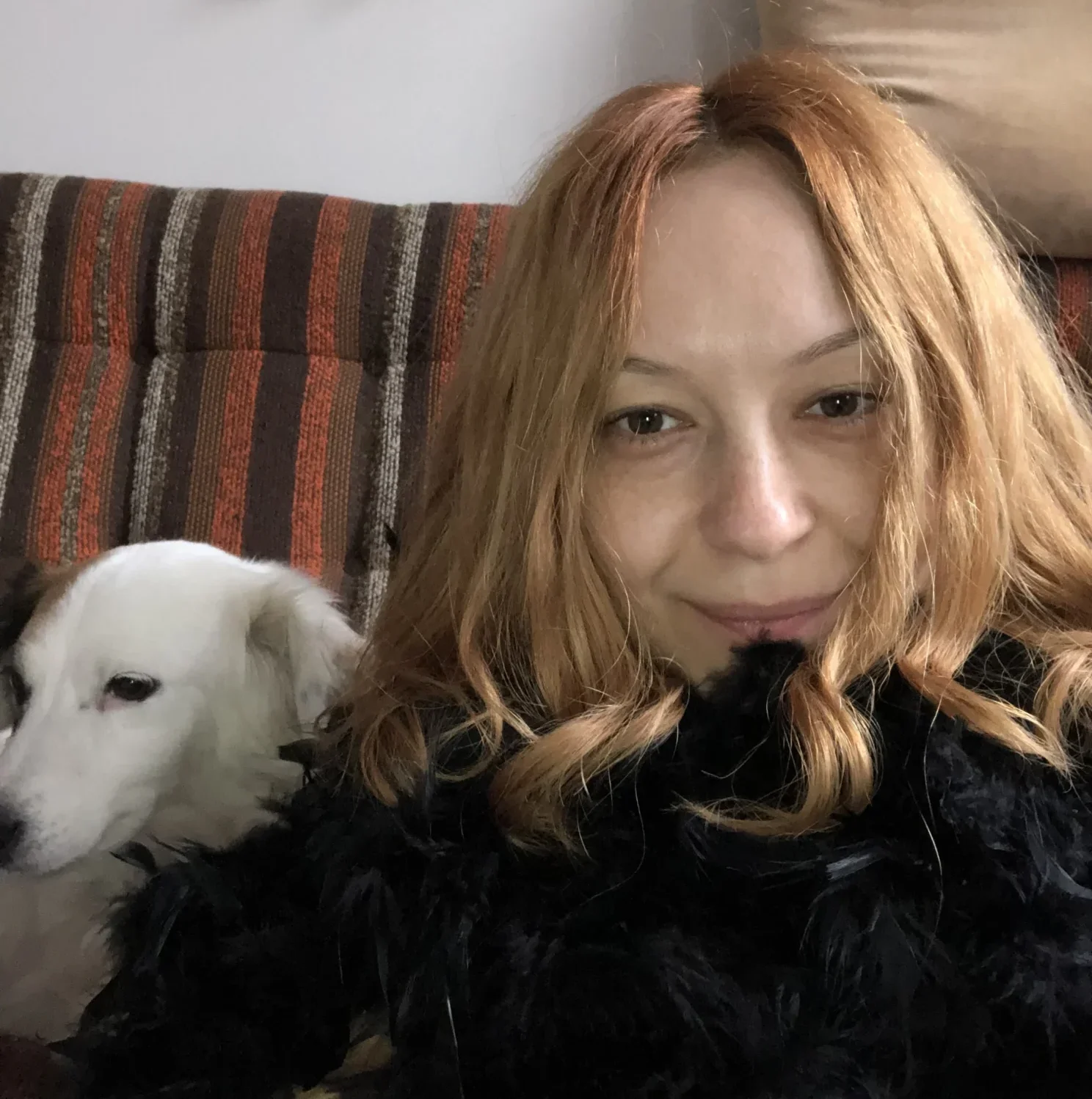
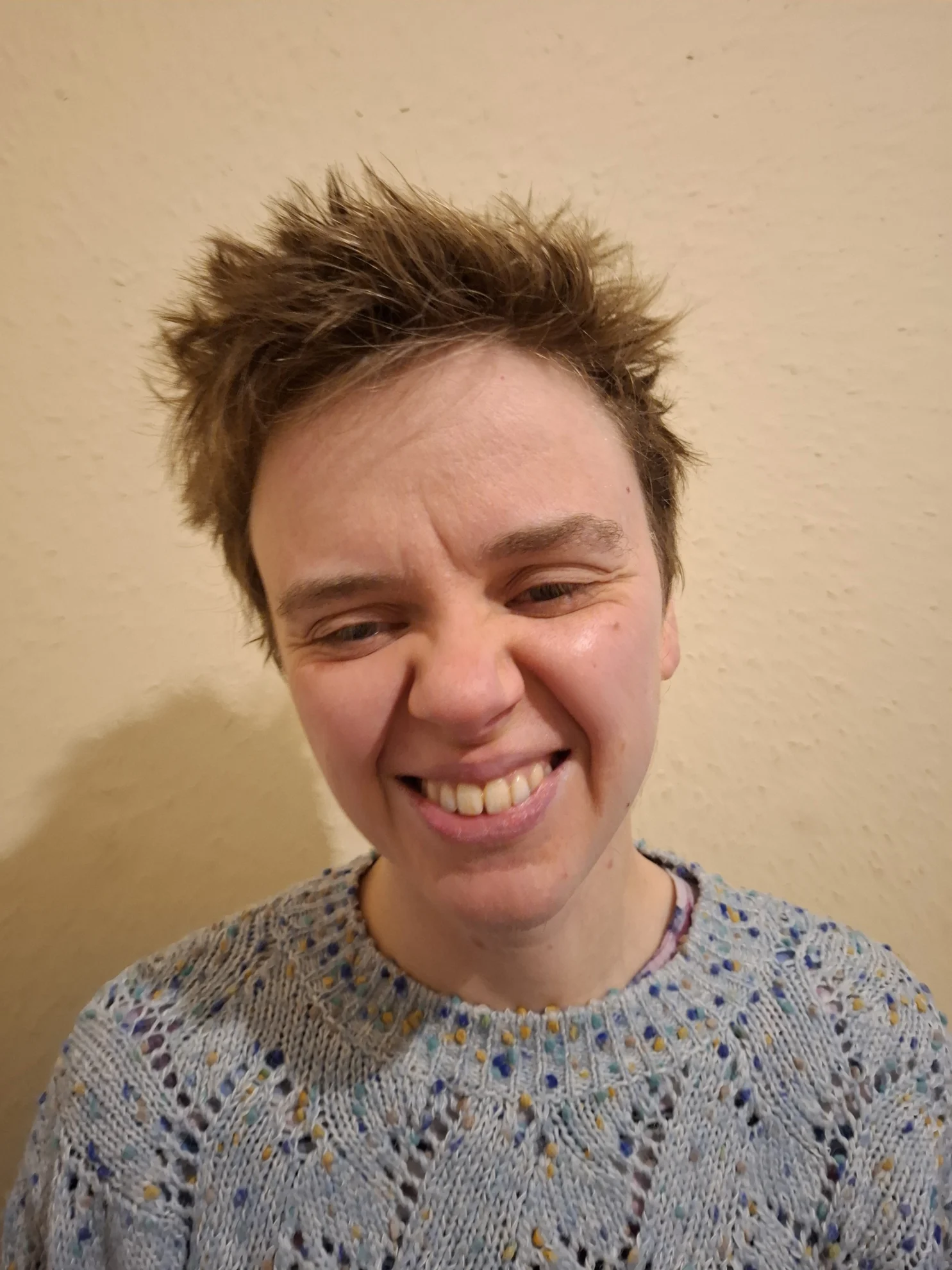

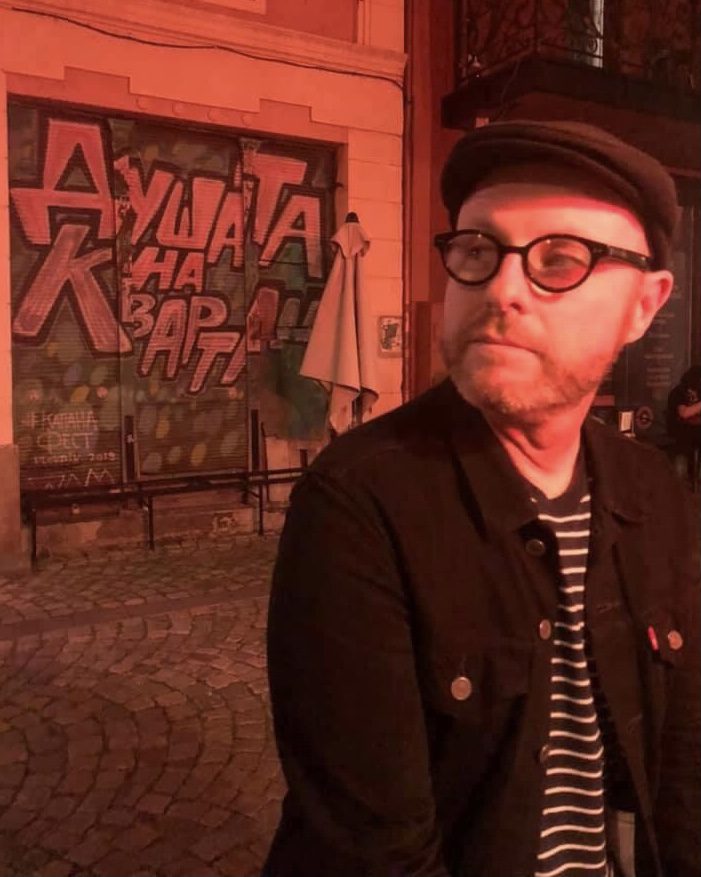

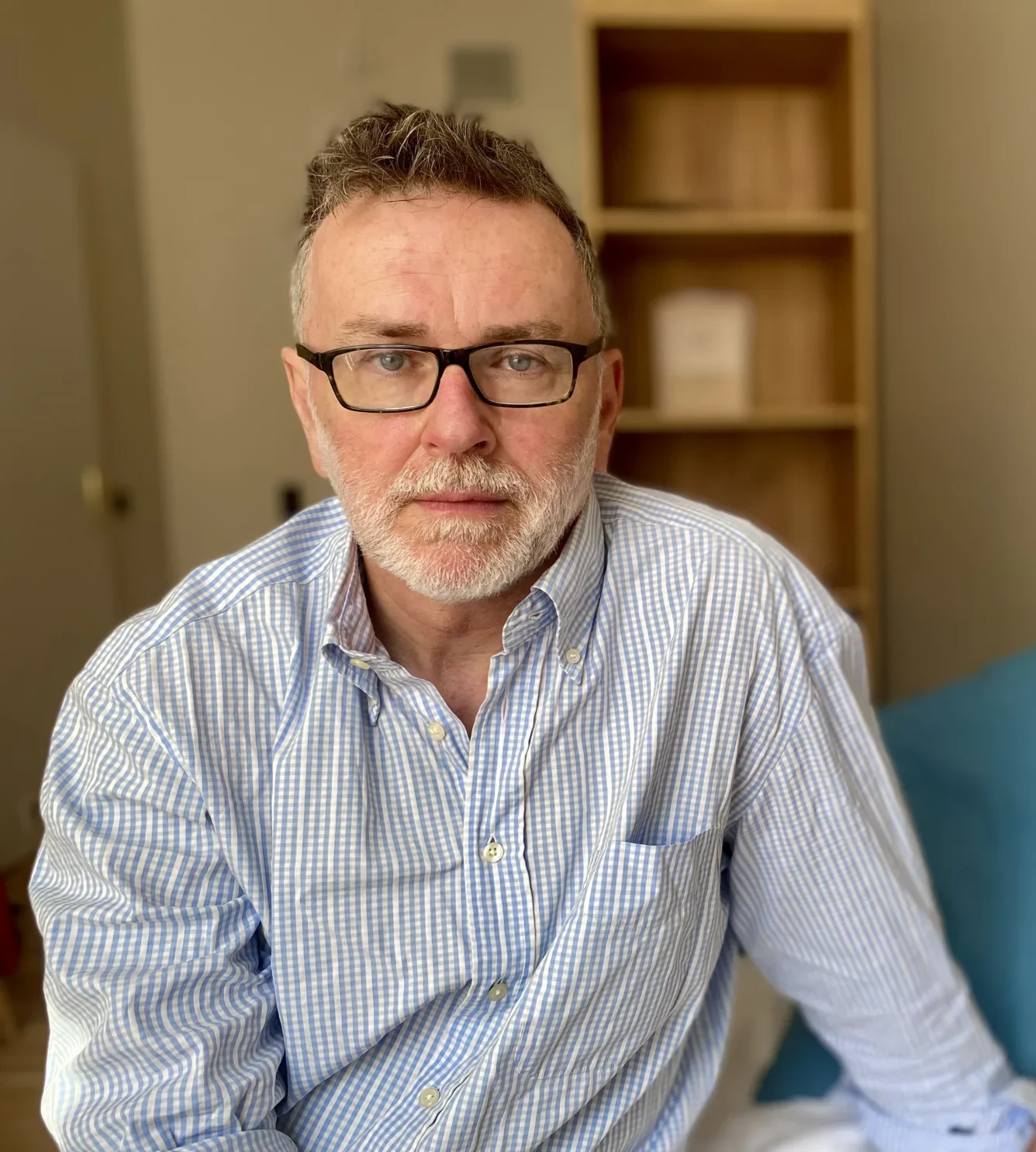


I take my leave of mother, she gives me / a key, but there is / no key, only her hand stretching out / and

I read something— / an idea worth noting, / and when I dog-eared the / page it bent easily / along the memory / of

And in the end we are happy only when everything pauses,
and the fullness of the world fits
into the flutter of a curtain in

You say utterance is when word becomes law, is held or holds itself in the air like an accident of heaven.

When I told my mother she has dementia, / she said that of course she’d get dementia / because her mom had Alzheimer’s but //

there is no time for tears, there never is; / no time for breathing deep. / A fit of sadness is like pulling a door
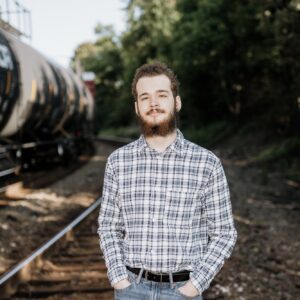
The peddler could hardly see the path in front of him, and cursed himself for failing to buy new oil for his lantern. Twice he
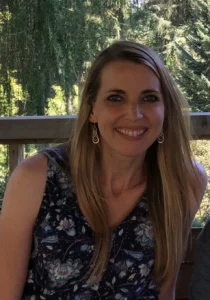
No one knows how much the silverware drawer matters. It rattles in Leah’s mind if it’s left unorganized. She checks it often.

He didn’t recognize me, or else pretended not to see me. A neighbour who doesn’t say hello. I’m a neighbour who is see-through, perhaps completely invisible, not
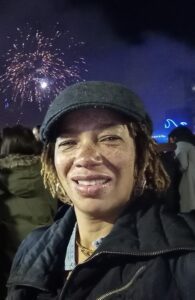
My sister bought me a “Sucka Free” hoodie in the ‘80s when Yo! MTV Raps was hot. I wore that shirt till the hole under
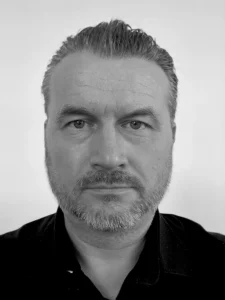
Geoffrey pulls his hand from his pocket and withdraws the four-inch handle of a switchblade knife. Jason’s face turns ghostly. The American yells and runs

Horror stares back at me surreptitiously from every corner of the flat with wide-open cats’ eyes. The reflexes I had of old have become alien
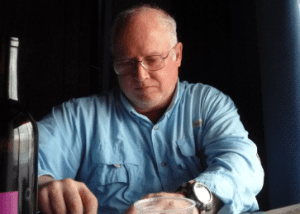
Elizabeth Bishop once wrote in a letter that “undoubtedly gender does play an important part in the making of any art, but art is art
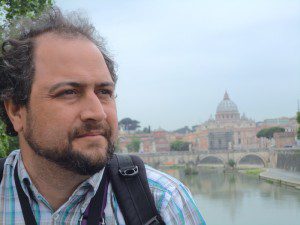
LIFE INUNDATING ART: KNAUSGÅRD BRINGS HIS LENGHTY STRUGGLE TO AN END WRITE WHAT YOU KNOW, so the famous edict goes. And read?
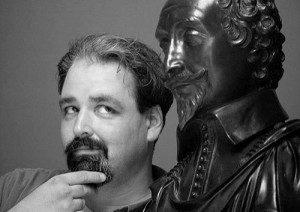
By Robert Archambeau If one were to shout the question “who is a literary genius?” in the general direction of a gaggle of young

B O D Y reviews new pamphlets by David Kinloch, James Appleby, and Sophie Cooke.
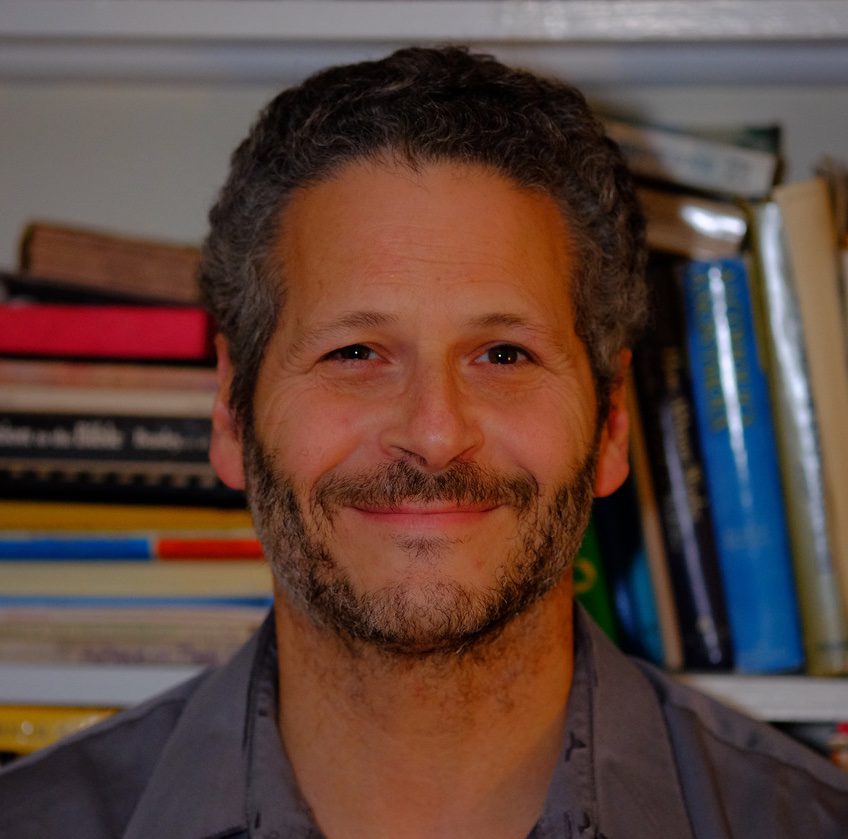
Hostovsky’s fondness for words and keen ear for spoken language benefit his writing: he can record and create dialogue in a brilliant and natural way. In this respect, he has more in common with short-story writers than with most contemporary poets, who tend to avoid direct speech.
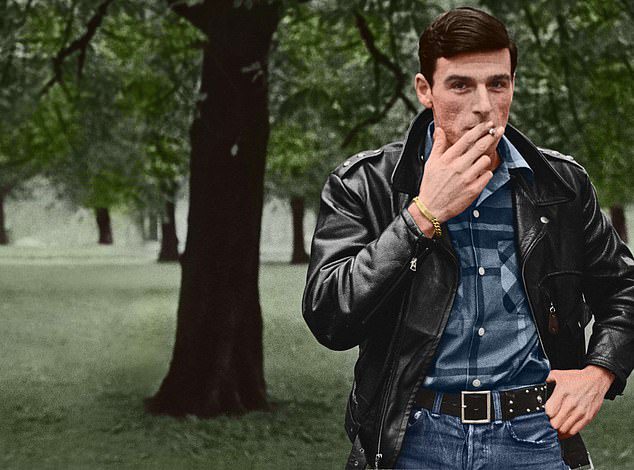
W. H. Auden once said that poets should dress like businessmen. Thom Gunn preferred leather and chains.
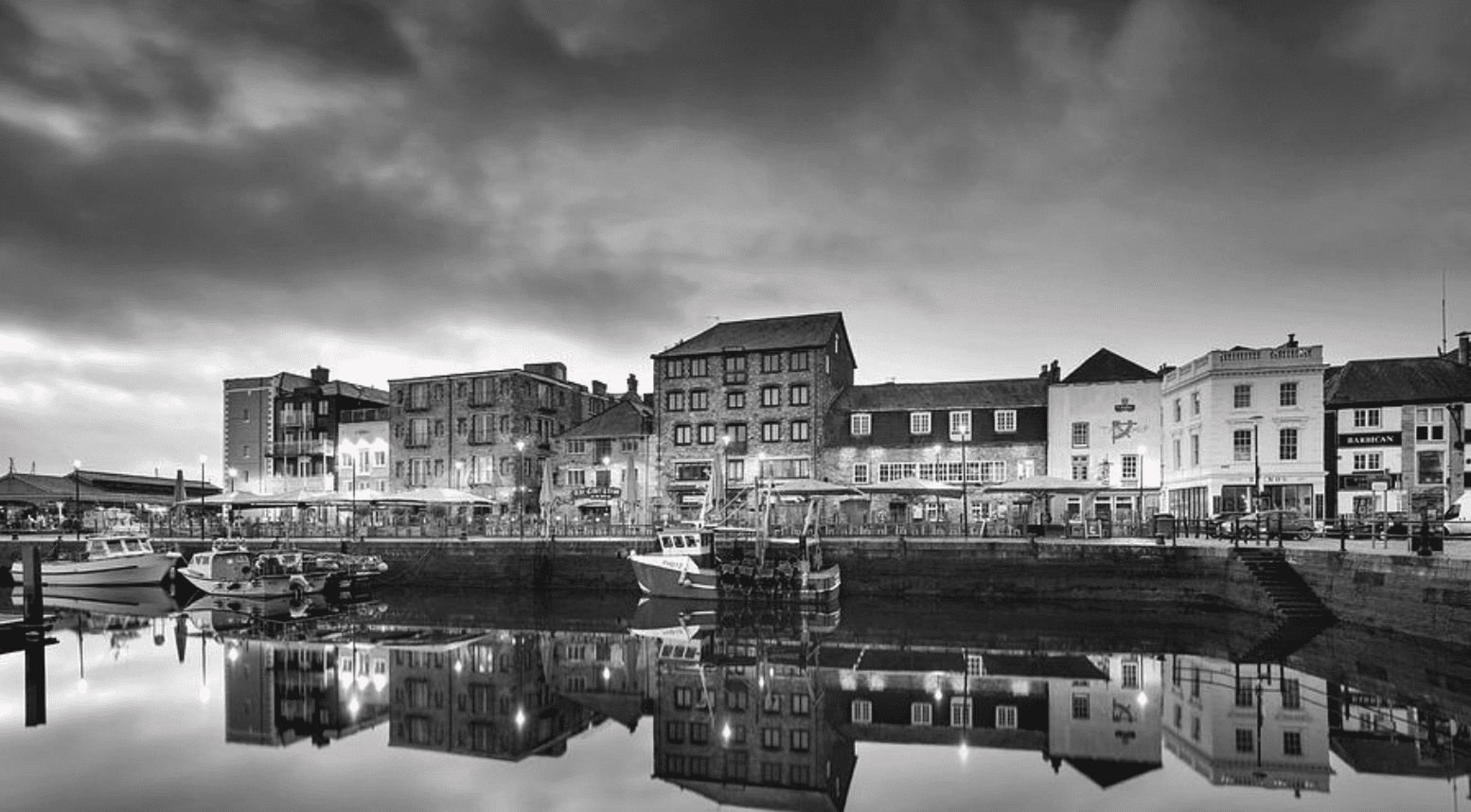
These four poets and their recent books are representative of the poetry currently being written in Southwest England and the country more broadly.
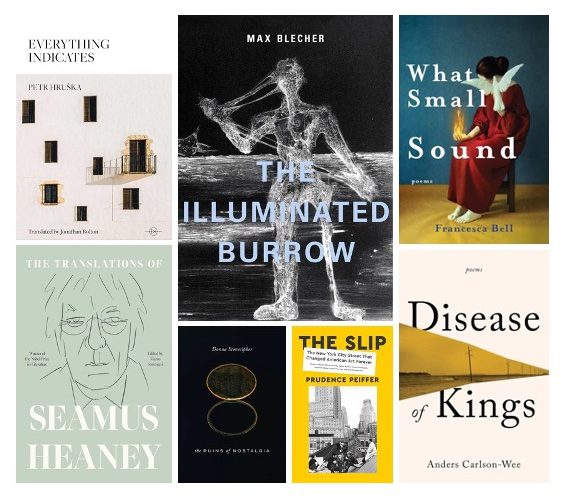
Eight recent volumes of poetry, prose, and photography, reviewed by our editors
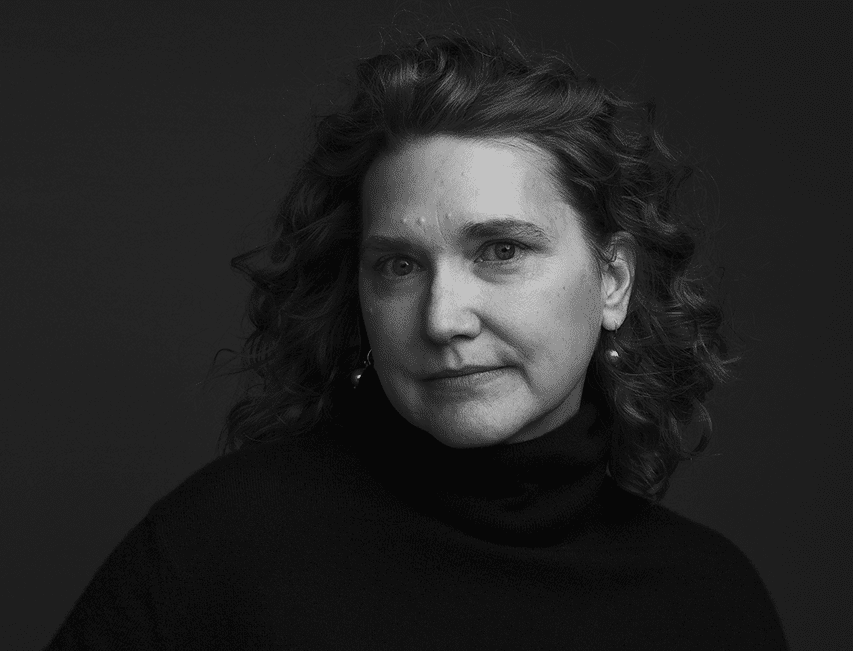
From her earliest work — before the idea of eco-entanglement was widely adopted by poets — Arnold viewed nature not as an ‘object’ or ‘other’ but as an inextricable (and clearly endangered) system in which humanity participates.
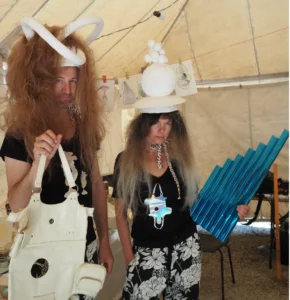
B O D Y’s art editor Jessica Mensch meets up with Montreal-based artists Sarah Wendt & Pascal Dufaux at their Montréal studio to talk about their recent solo show, Miel du temps, at Musée d’art de Joliette, in Joliette, Quebec.
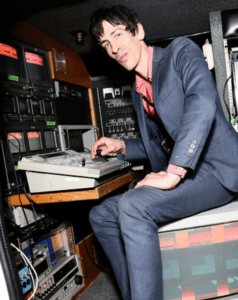
B O D Y interviews Scott Kiernan, a New York-based artist whose video, photo and installation works interact in ways that address their own materiality and means of distribution.
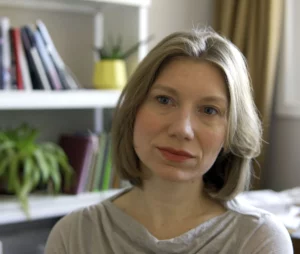
Anna Hawkins is an artist who works primarily in moving image and installation with an interest in the ways that images, gestures and language are circulated and transformed online and the impacts of technology on the intimate spheres of daily life.
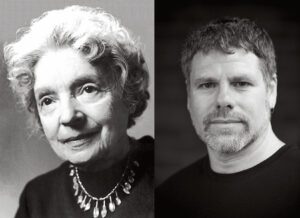
“The biggest challenge of translating Sachs into English, for me, had to do with tracking the movement of her mind in the forming of a poem.”
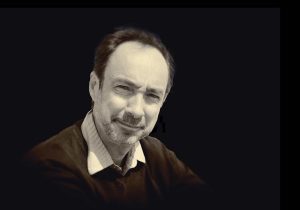
The Russian Civil War was a truly terrible event in terms of awful acts of atrocious violence, but there’s also a weird sense of farce about this, of history being played at the wrong speed.
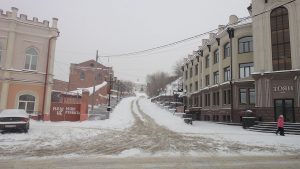
Andrey Filimonov comes from Tomsk, the 400-year-old “Athens of Siberia” and center of White Russian resistance during the Russian Civil War.
© 2025 | B O D Y | bodyliterature.com